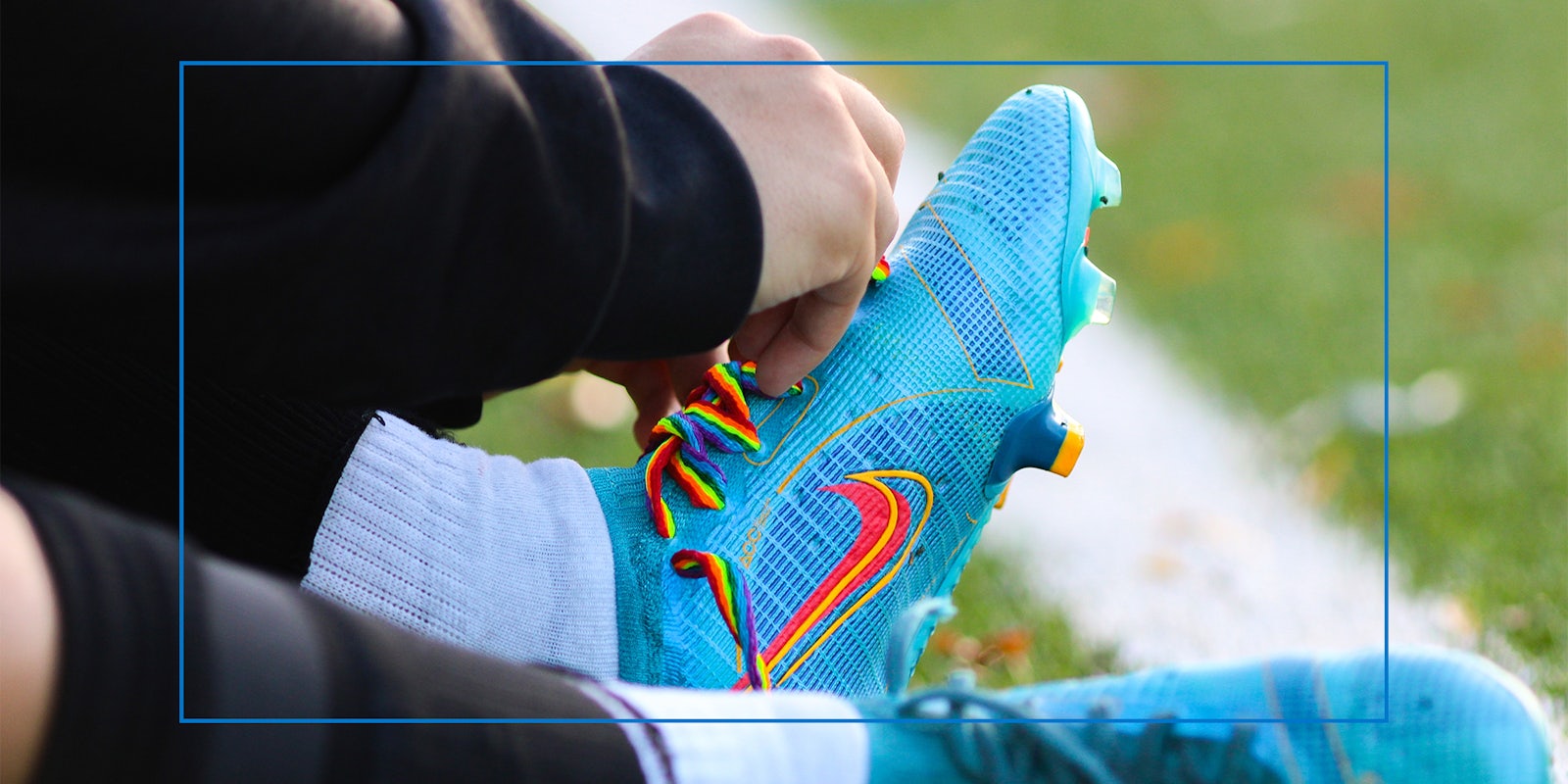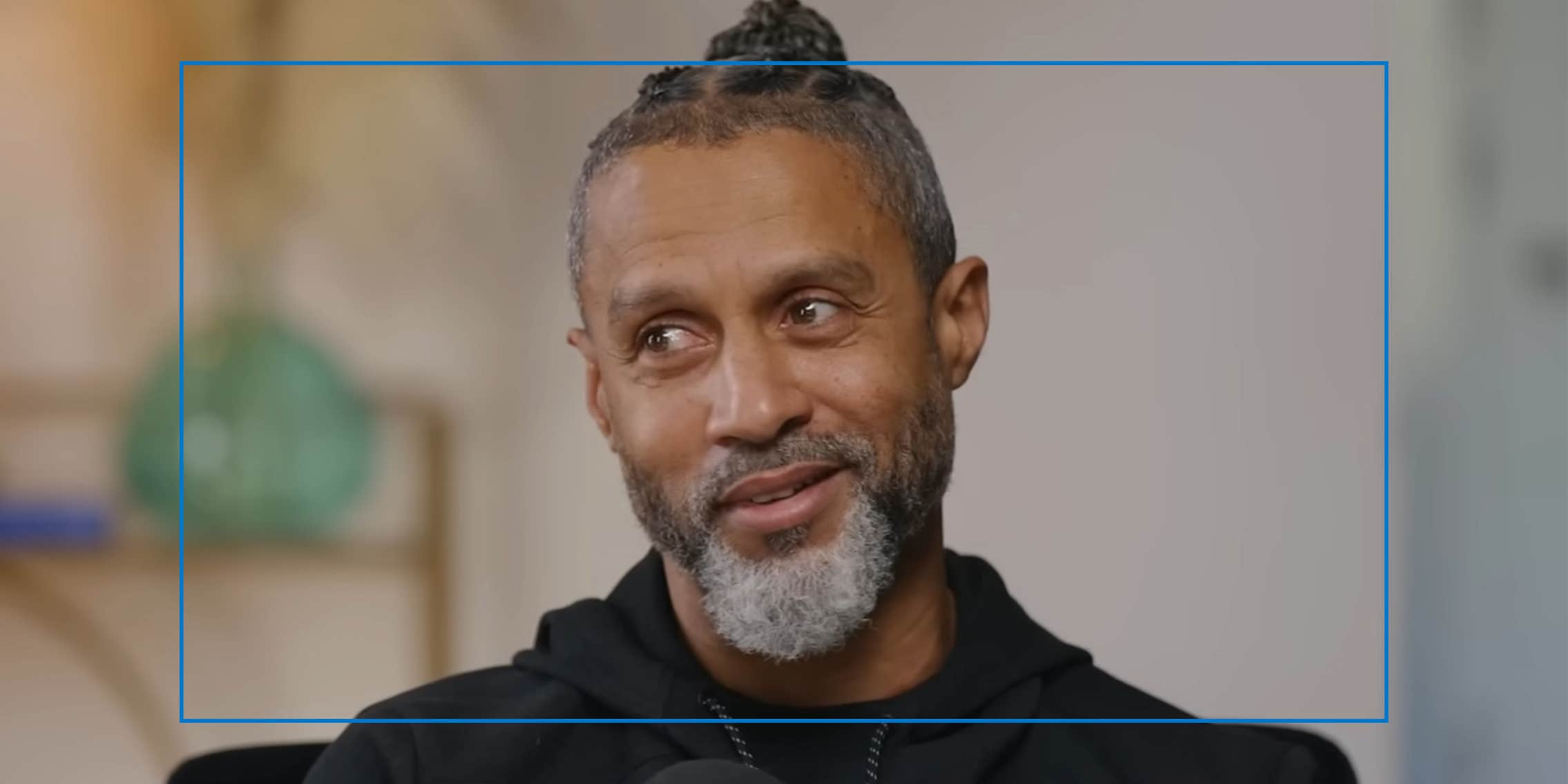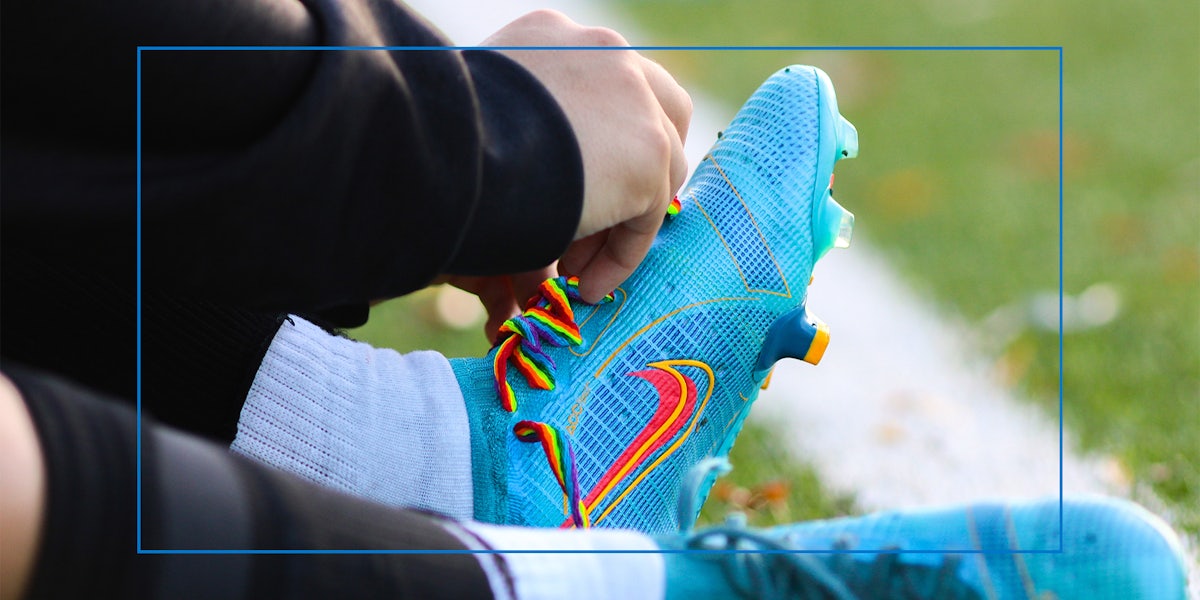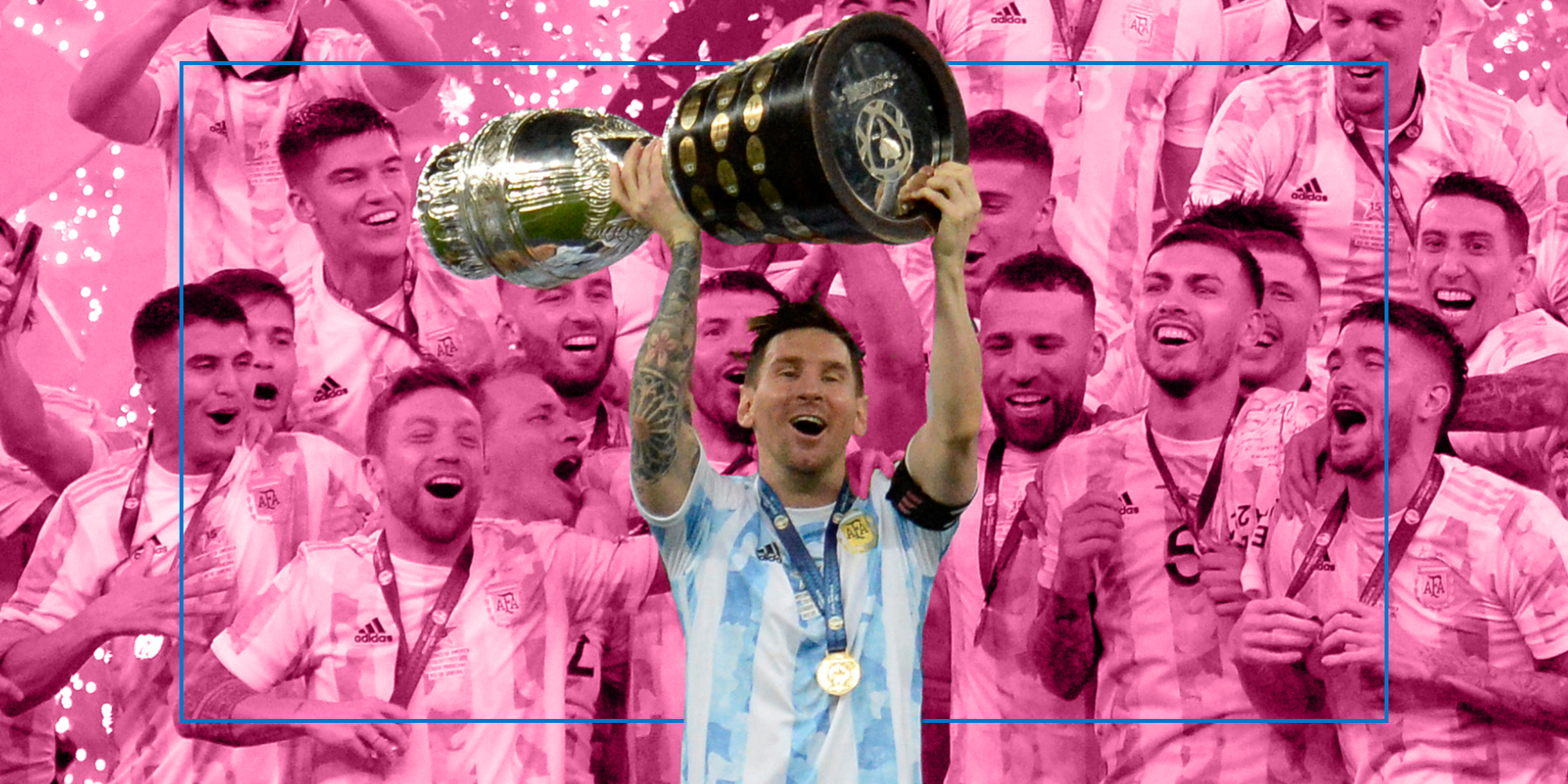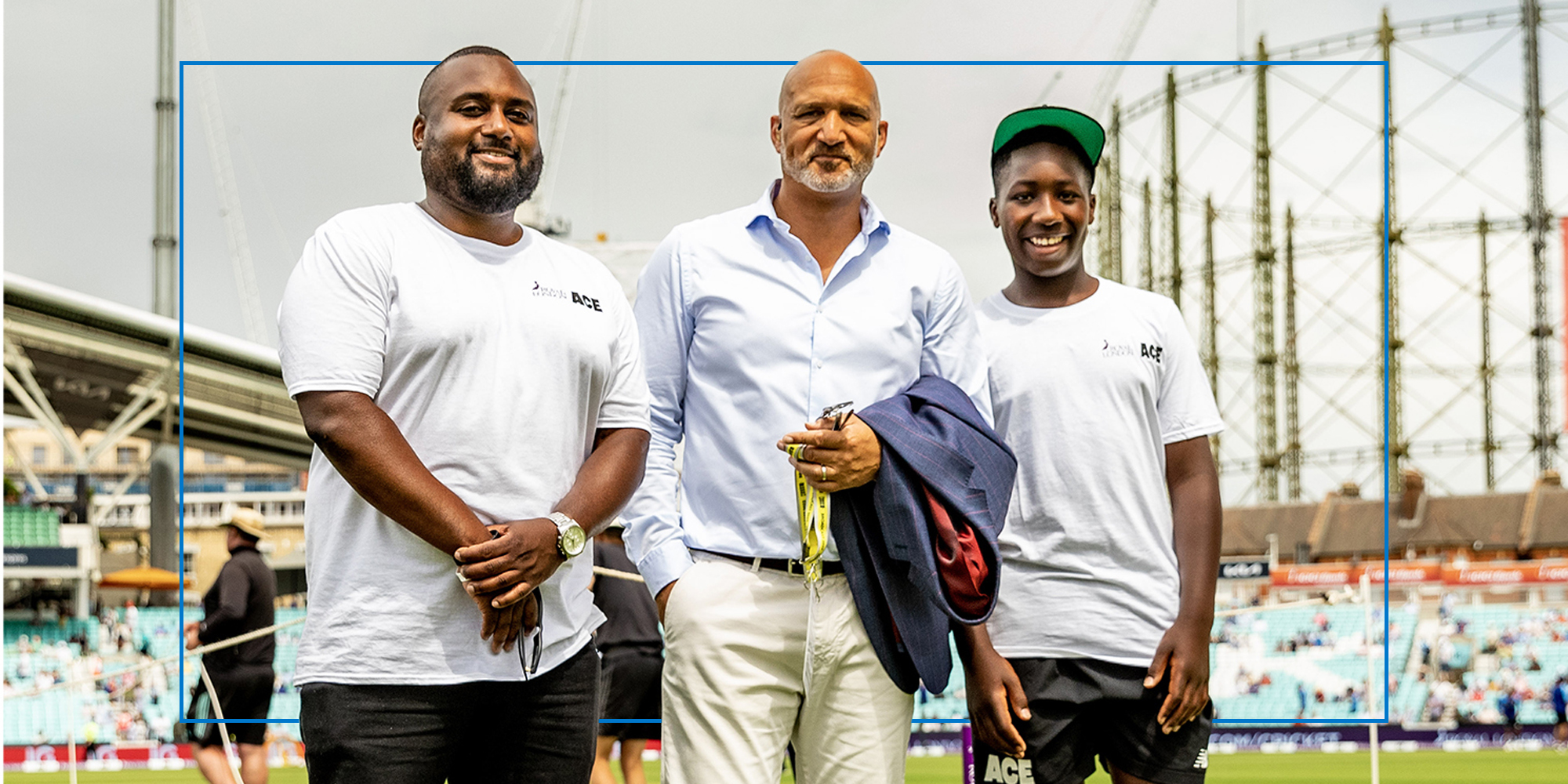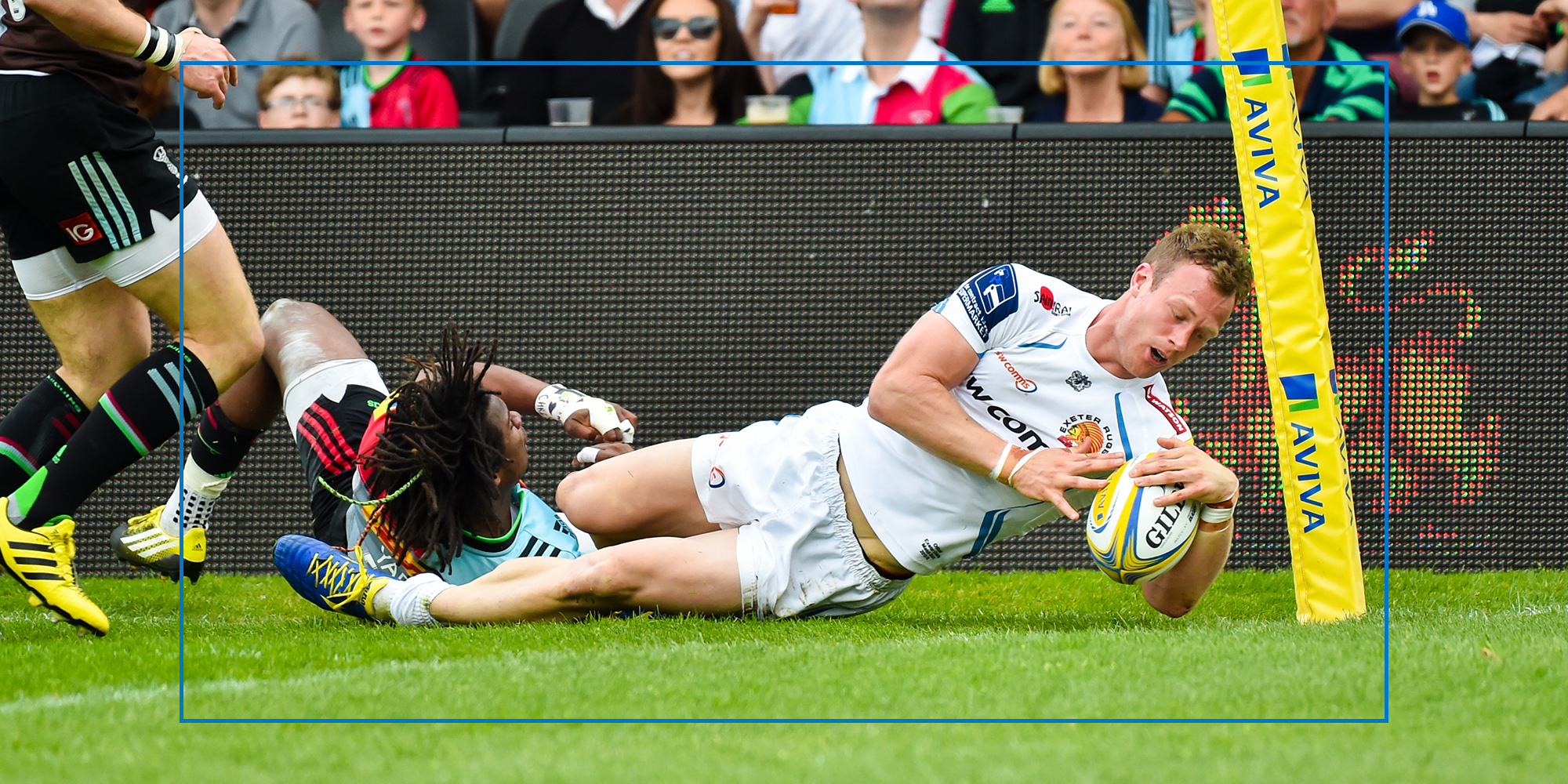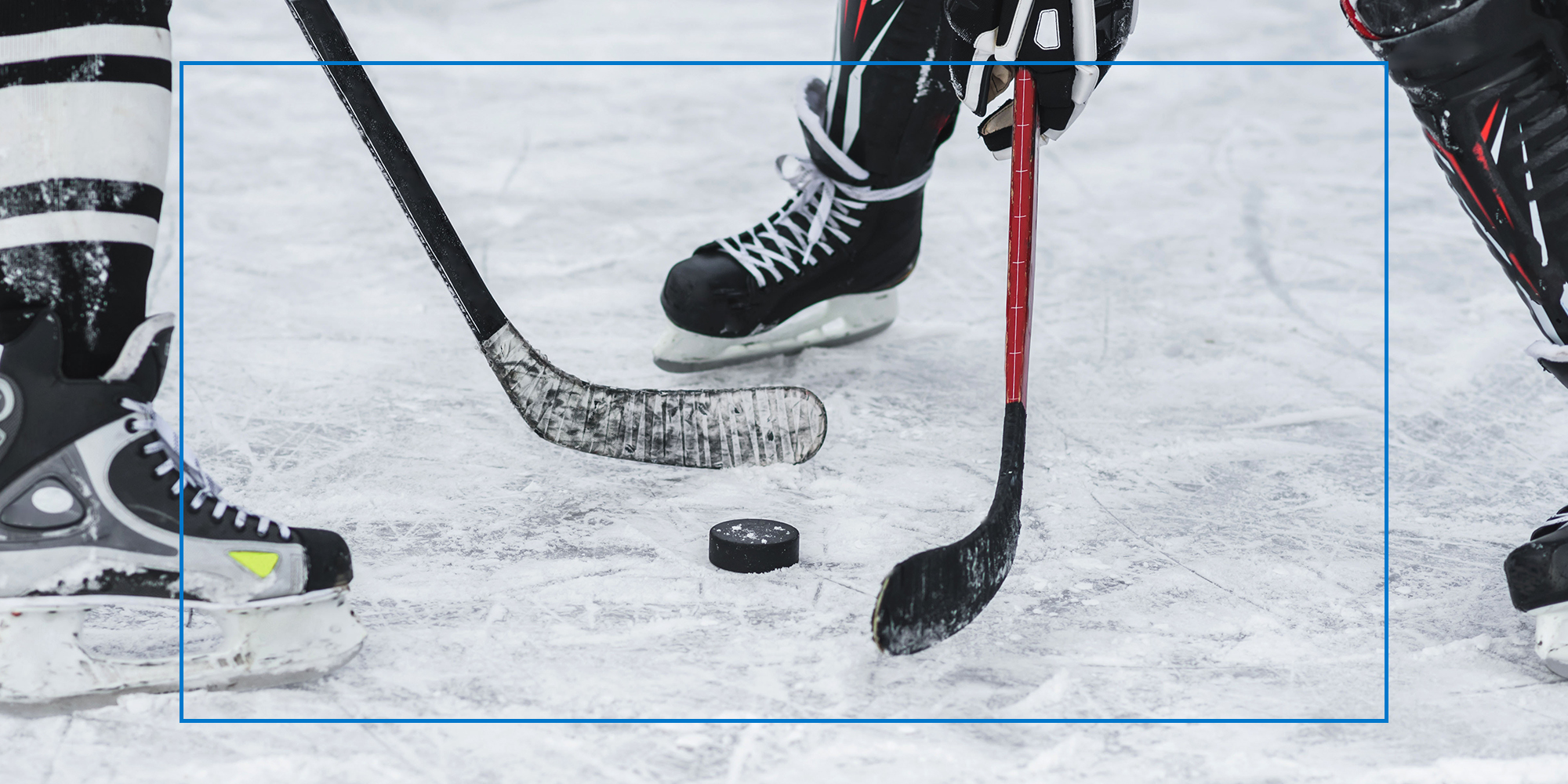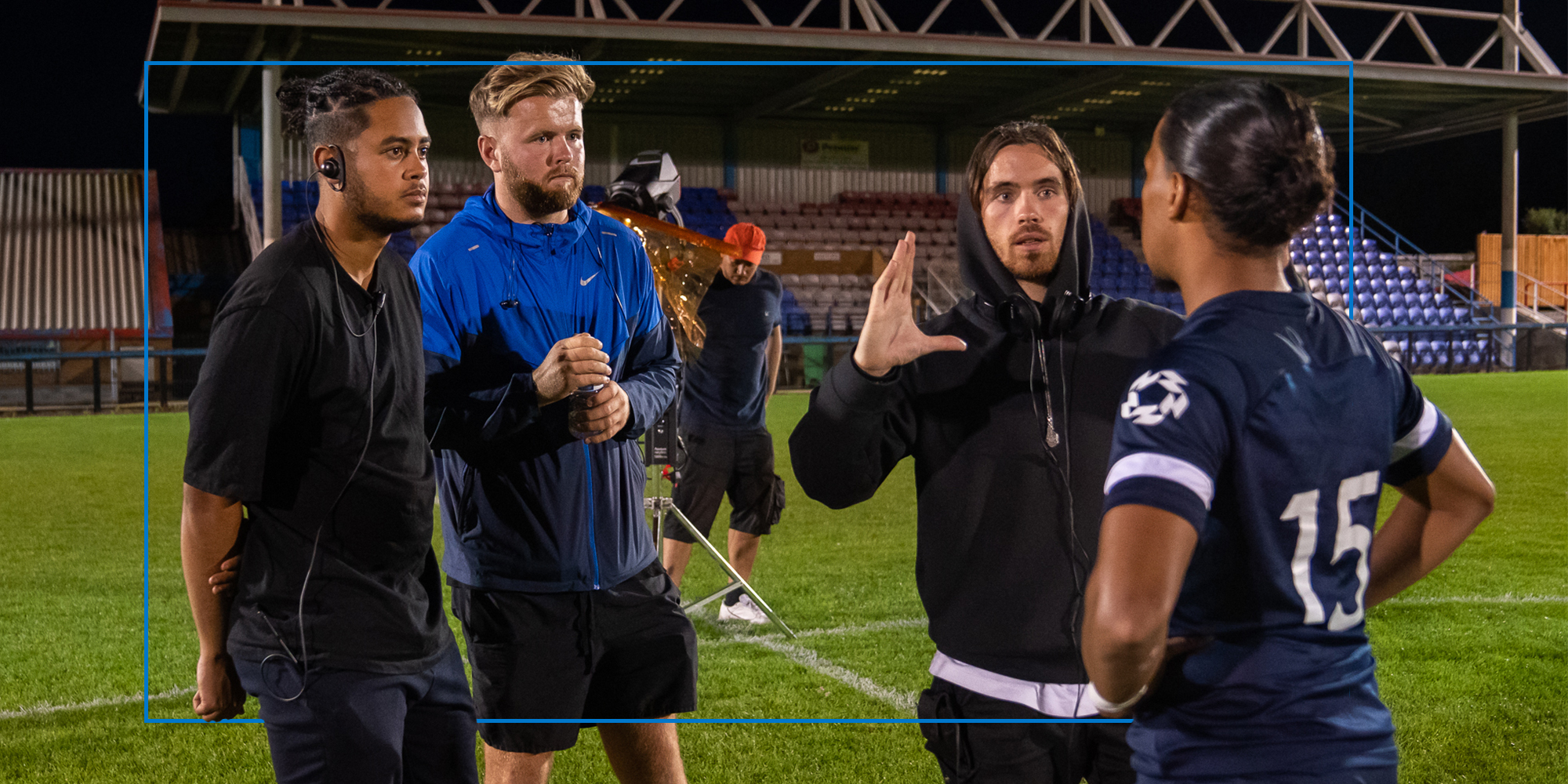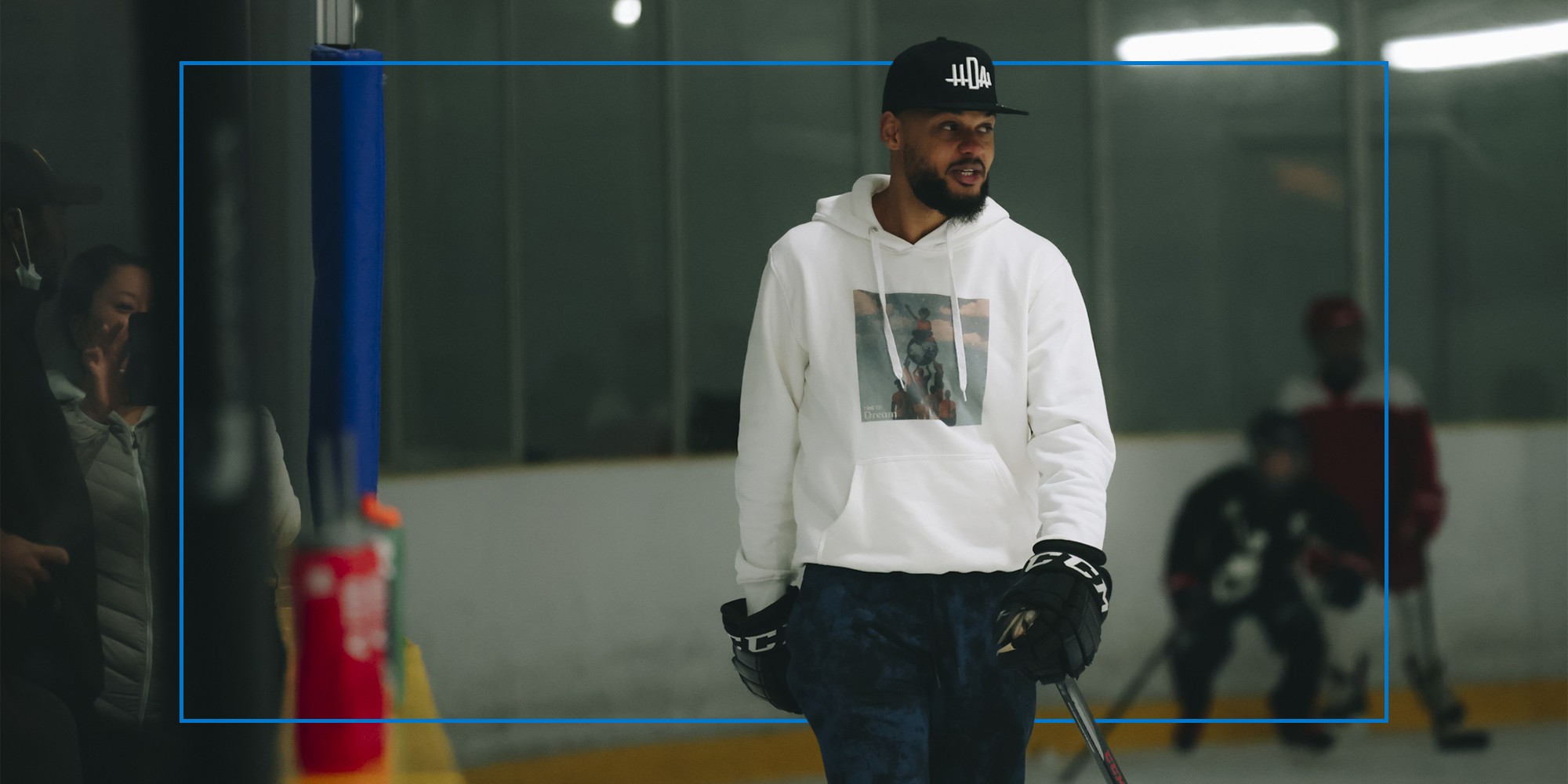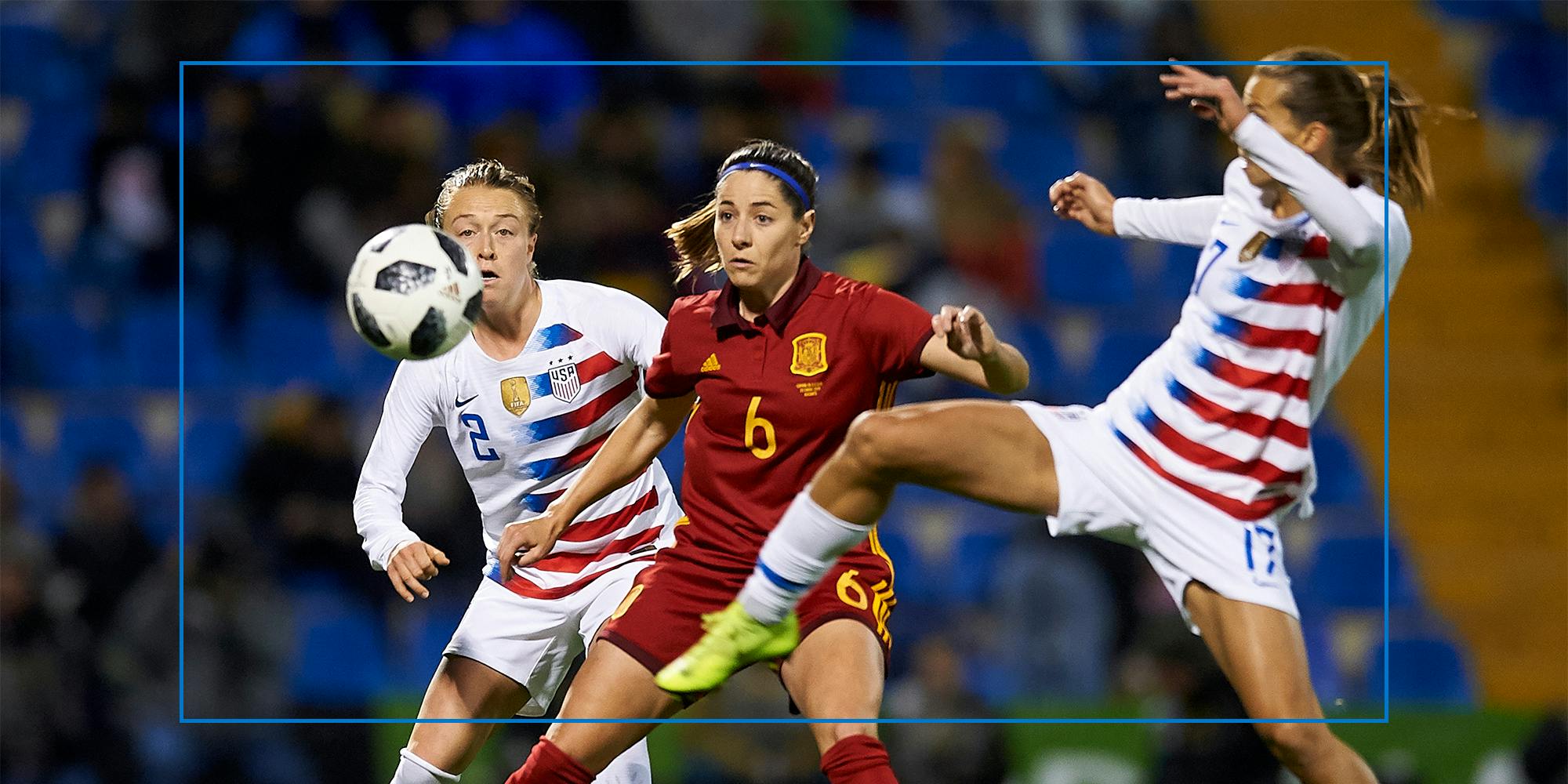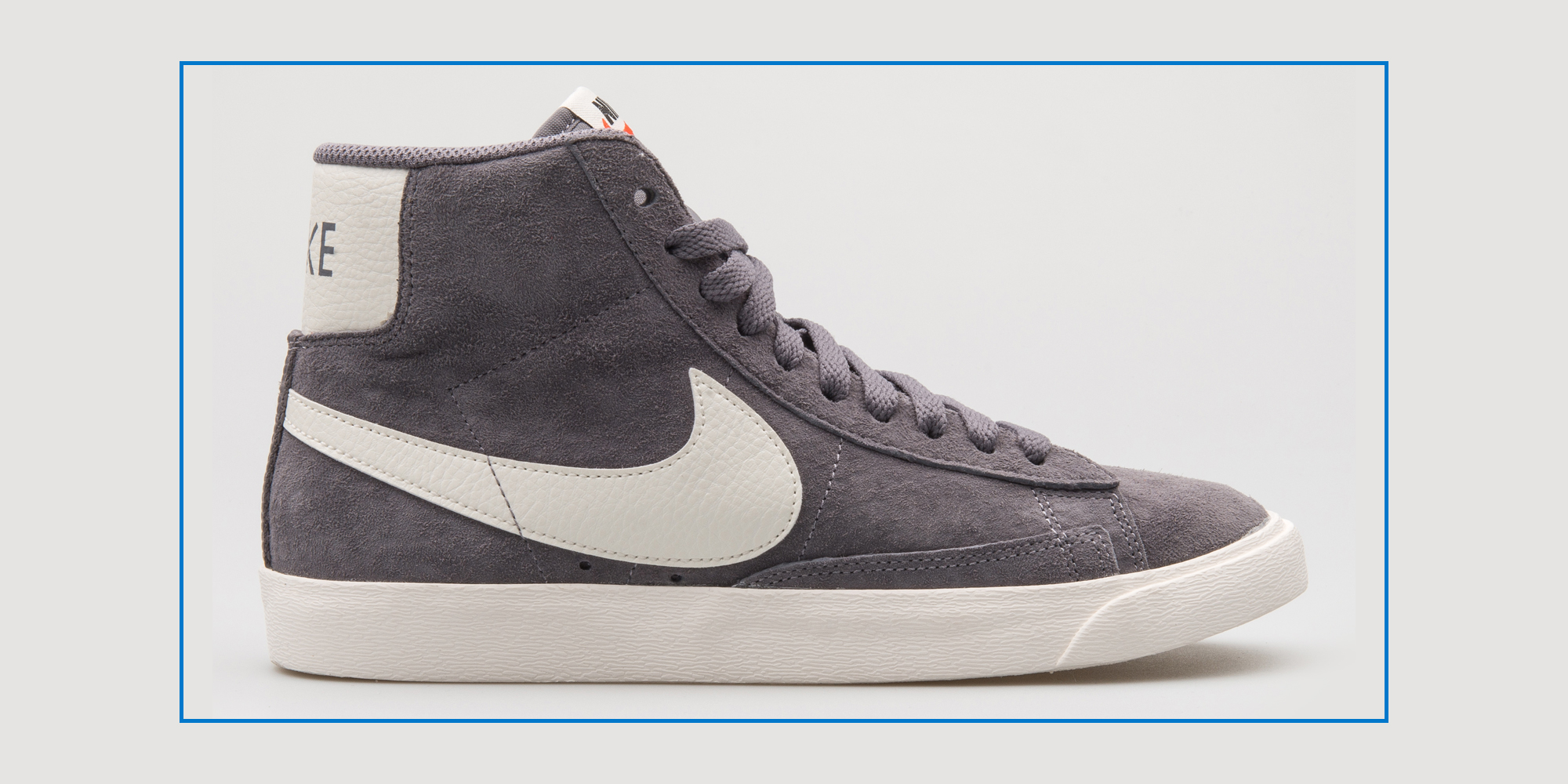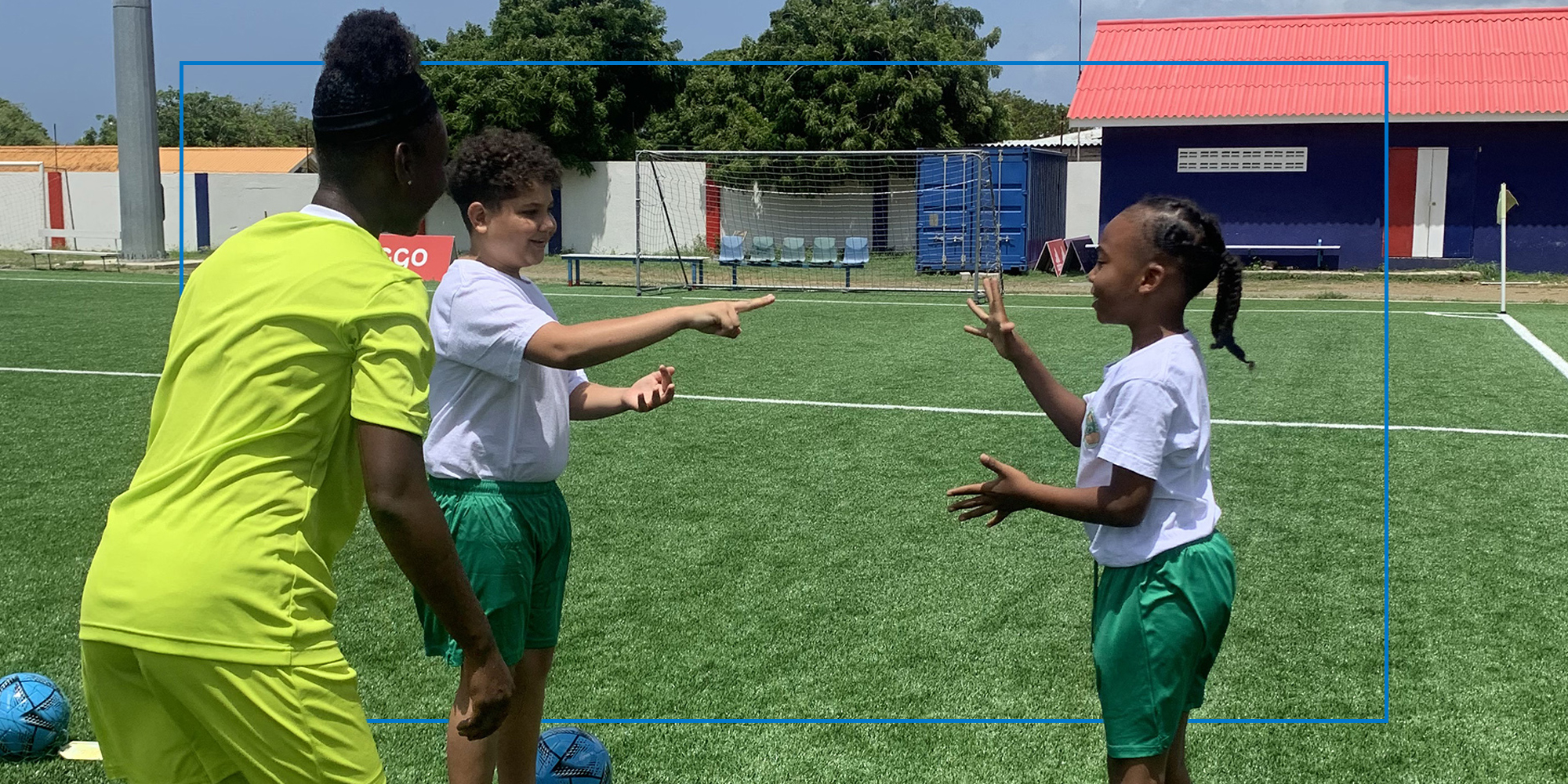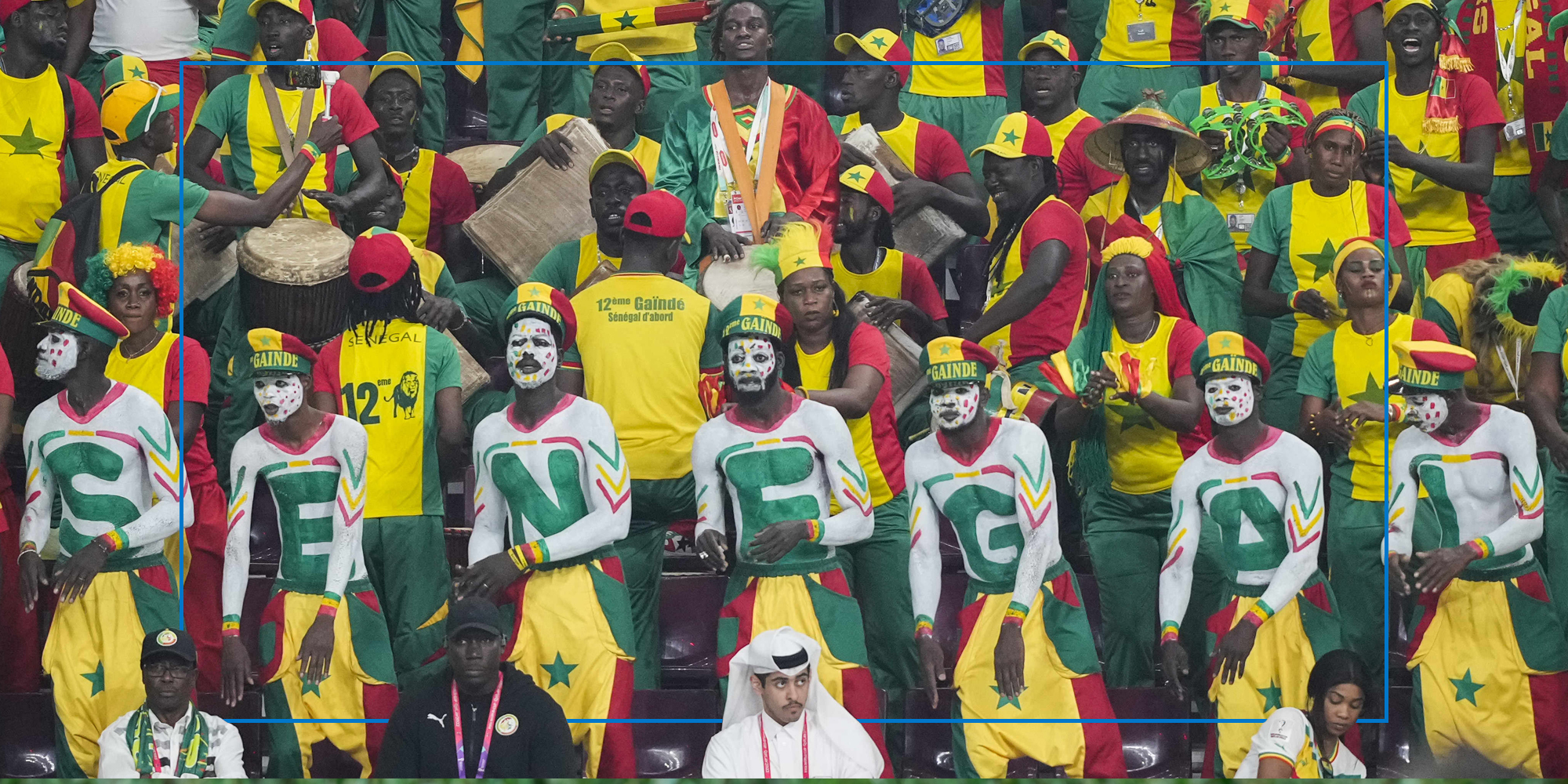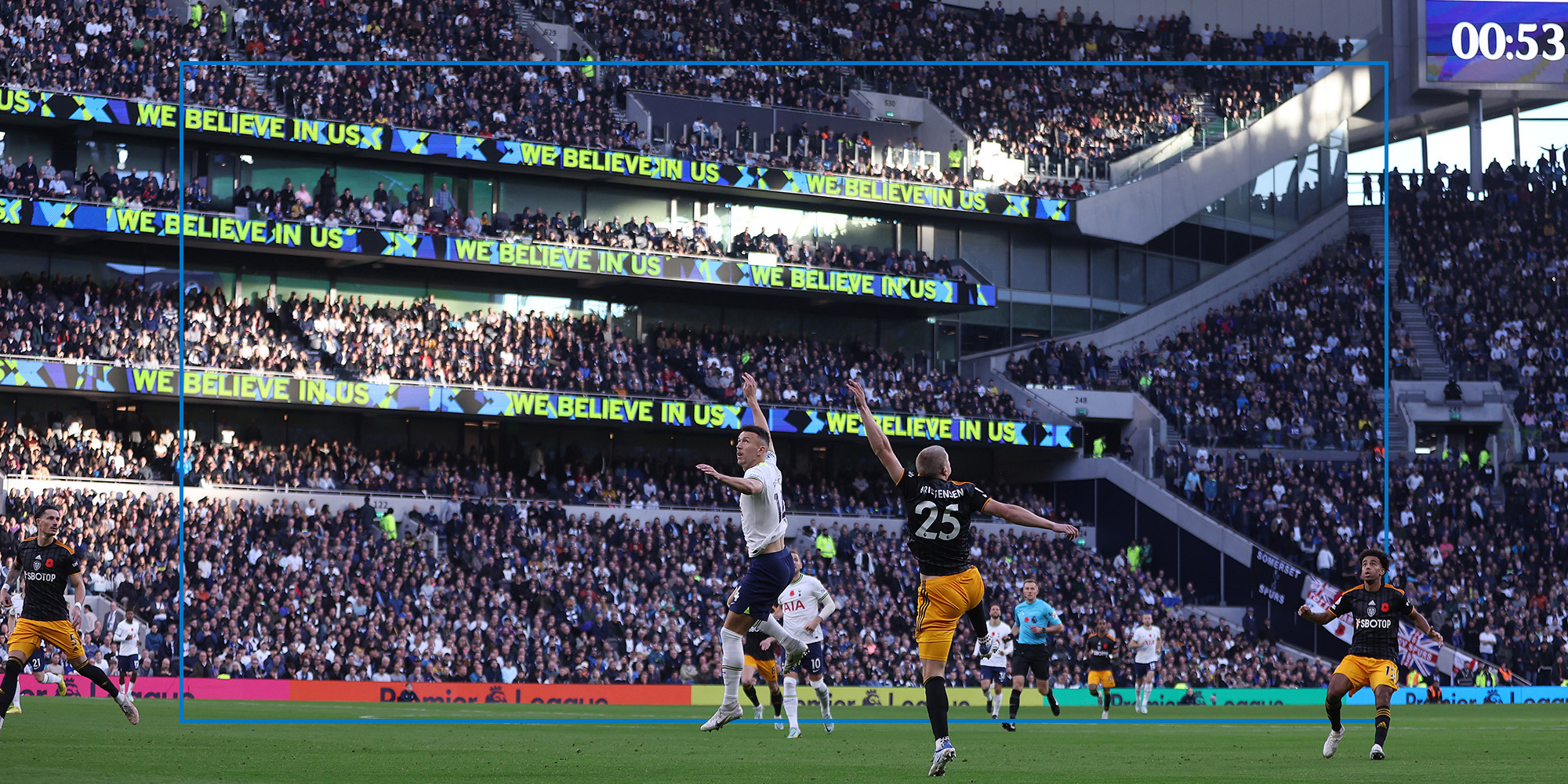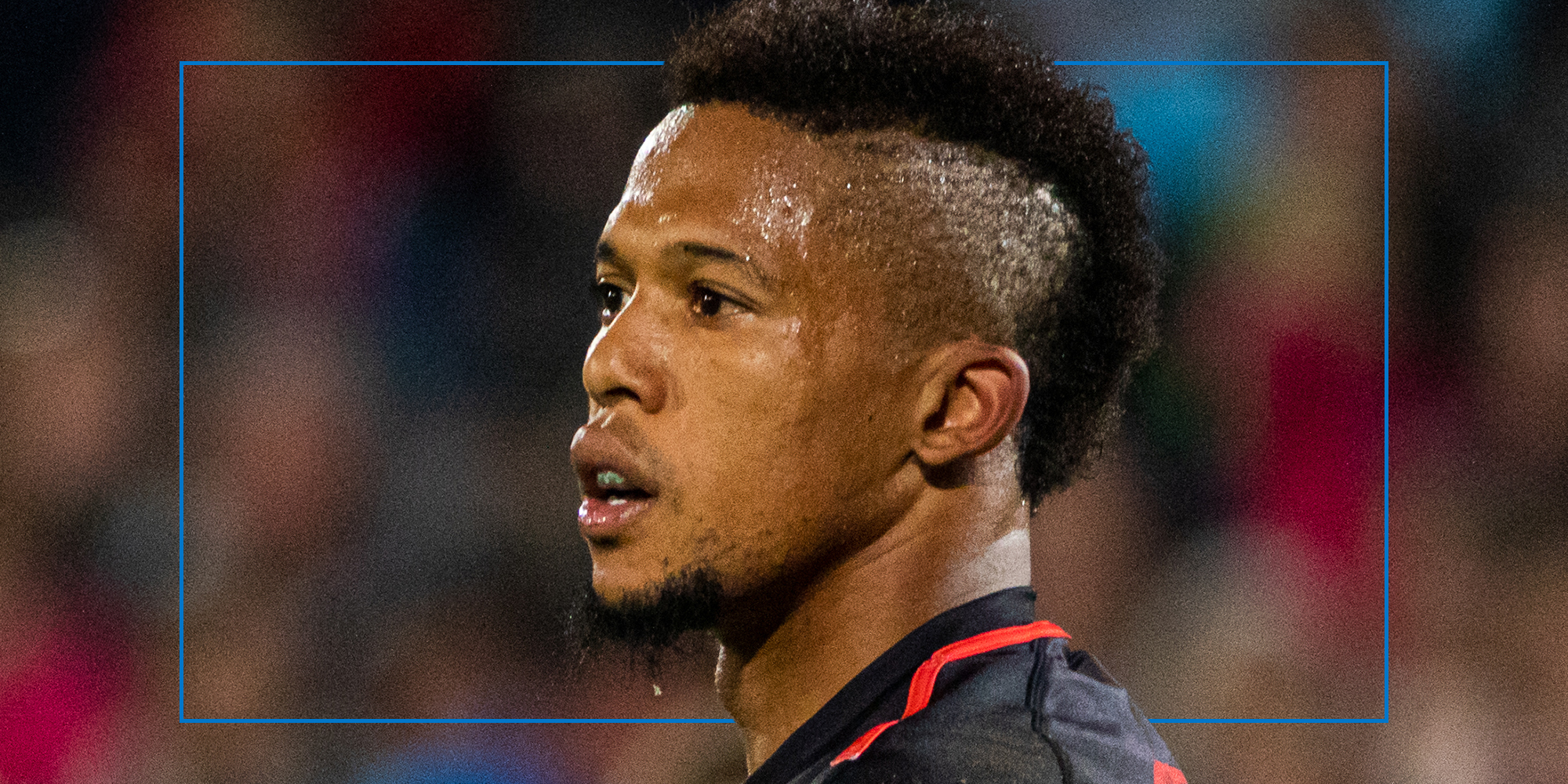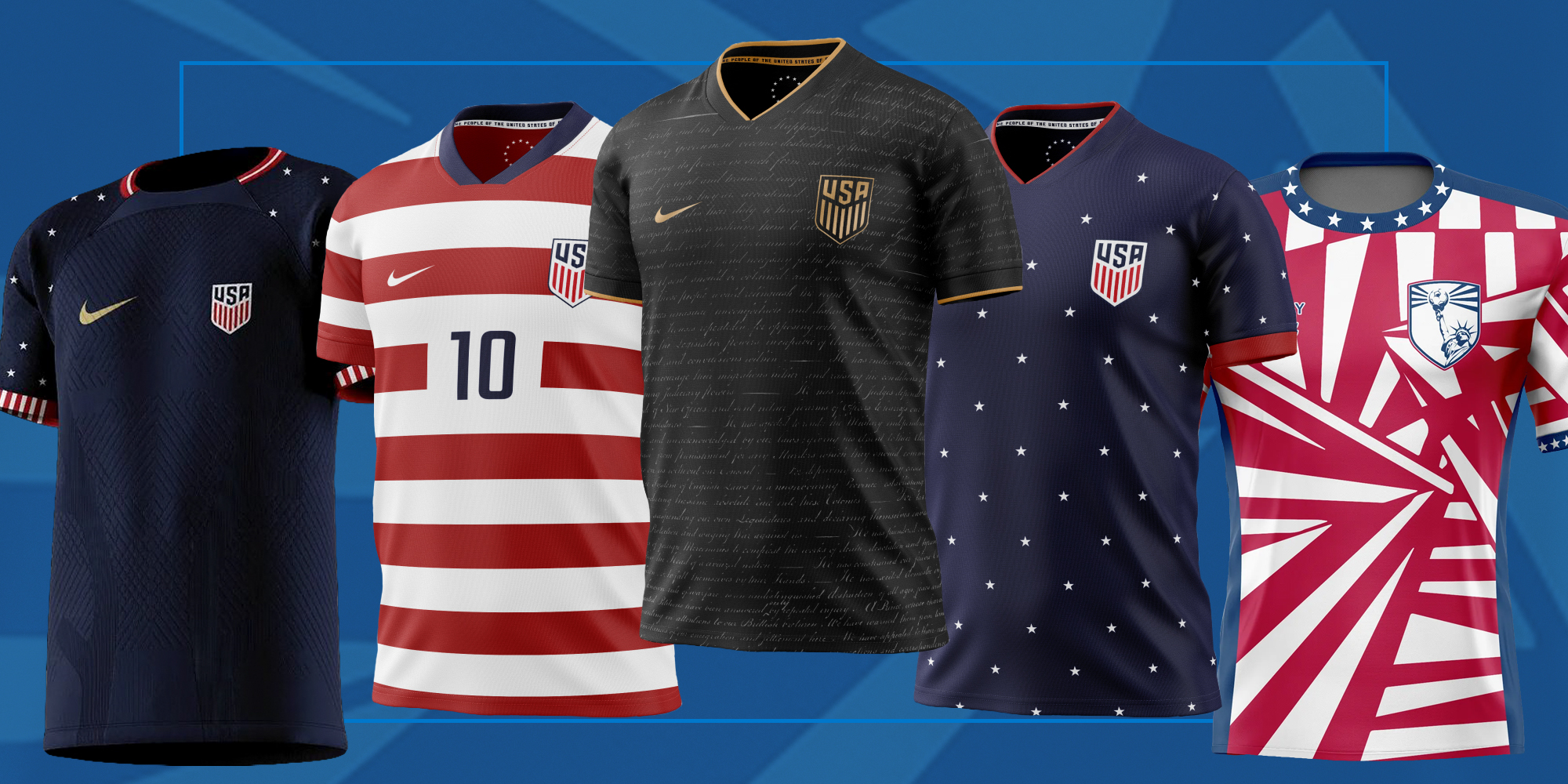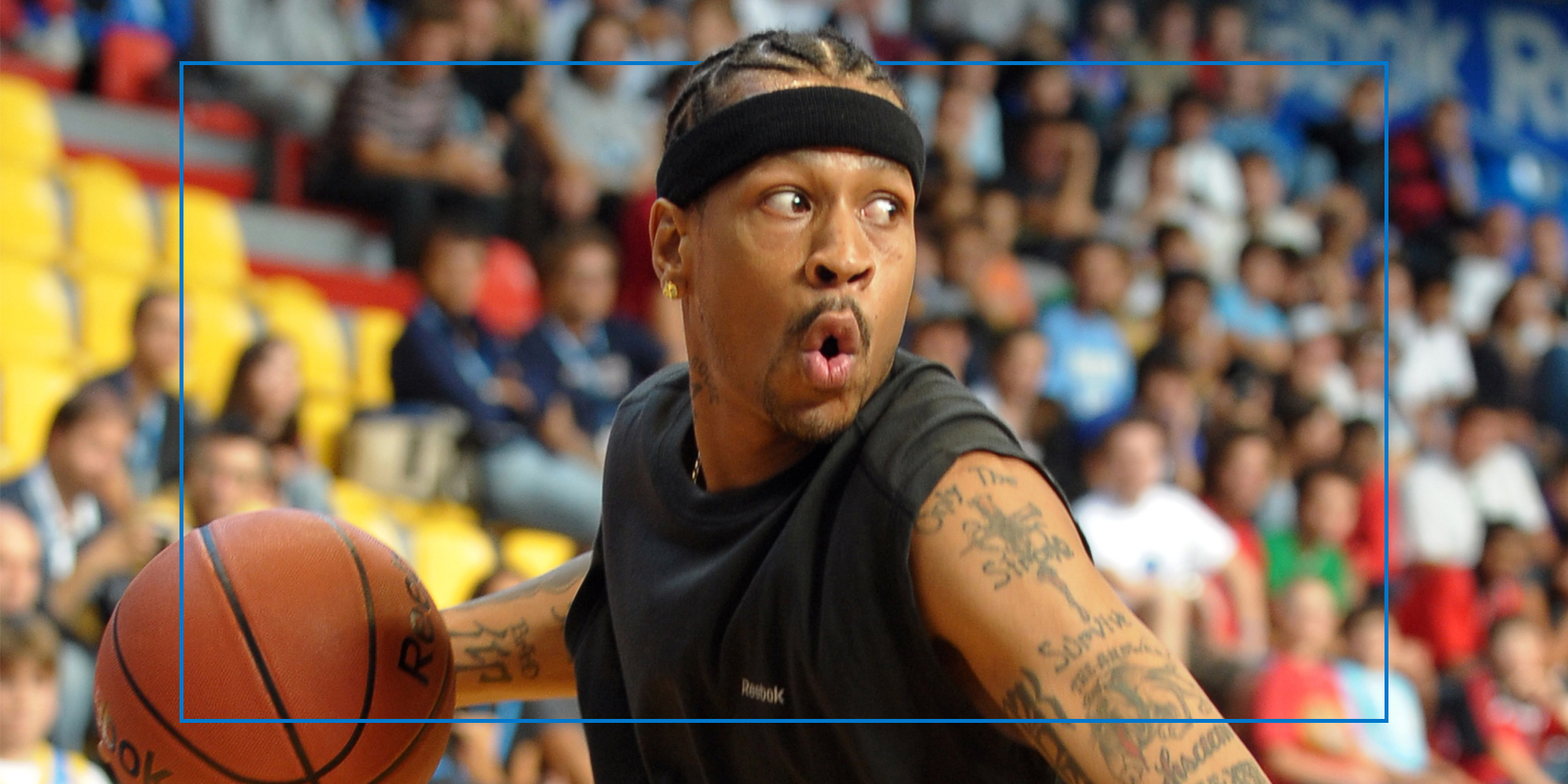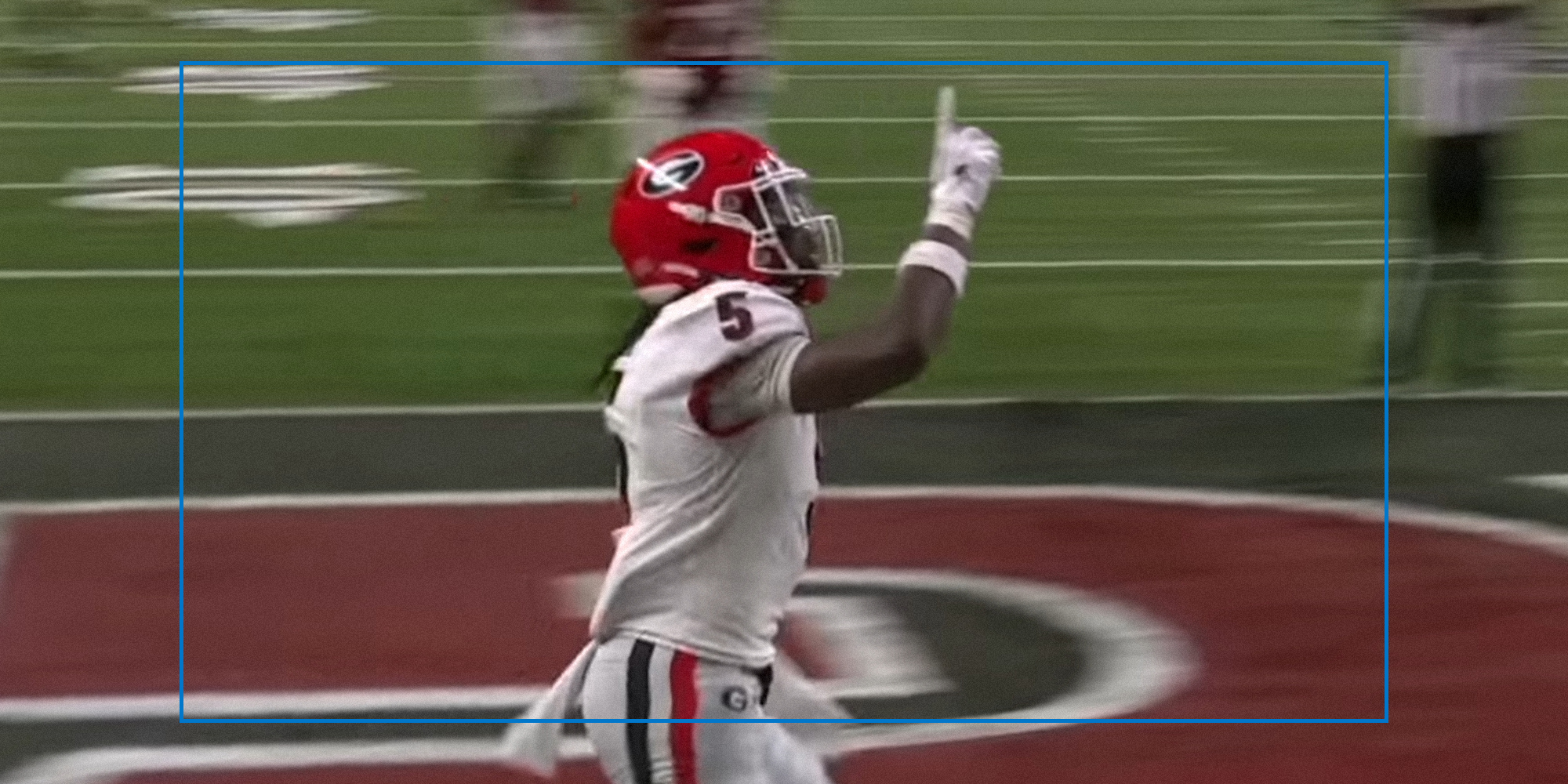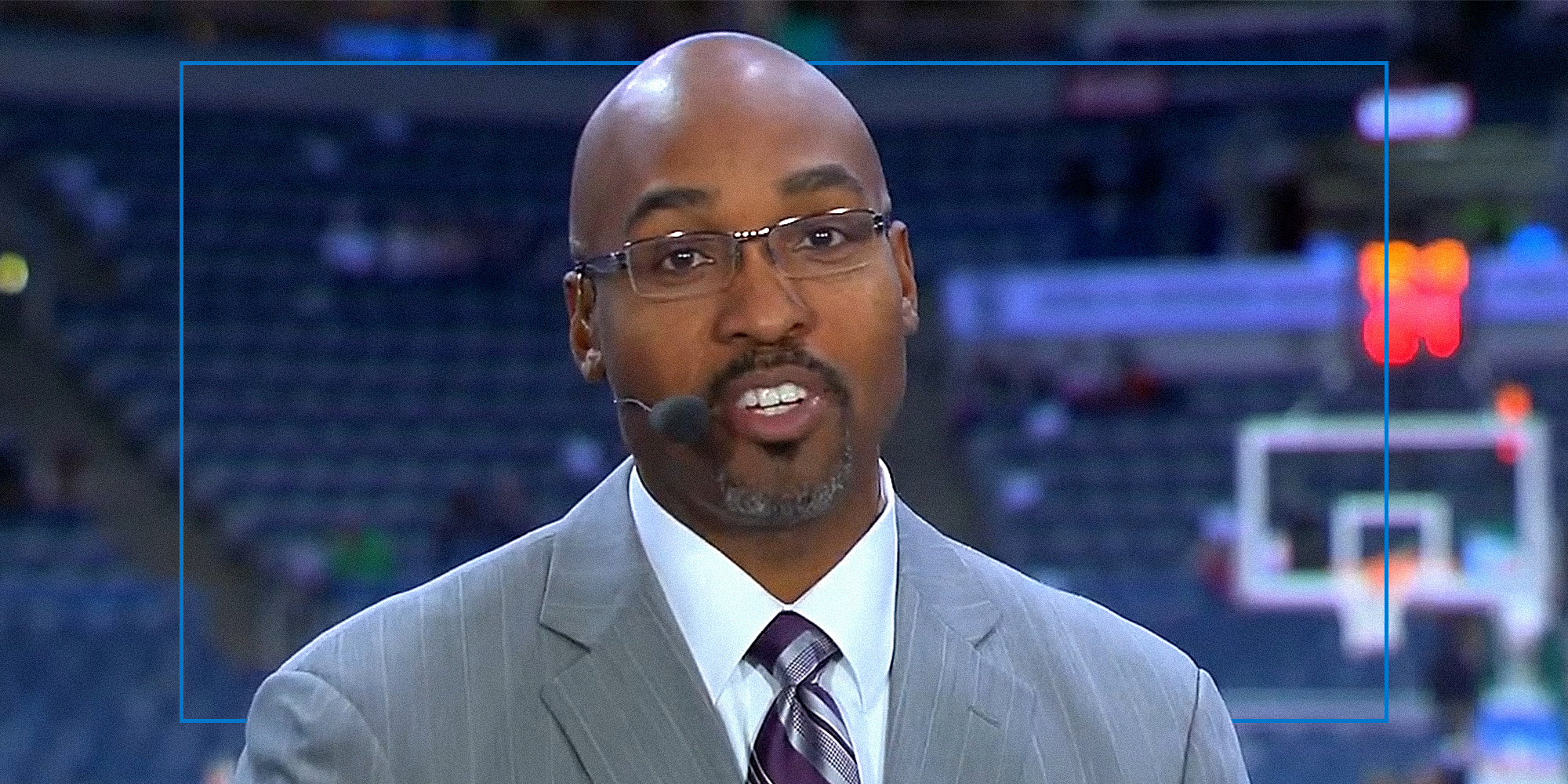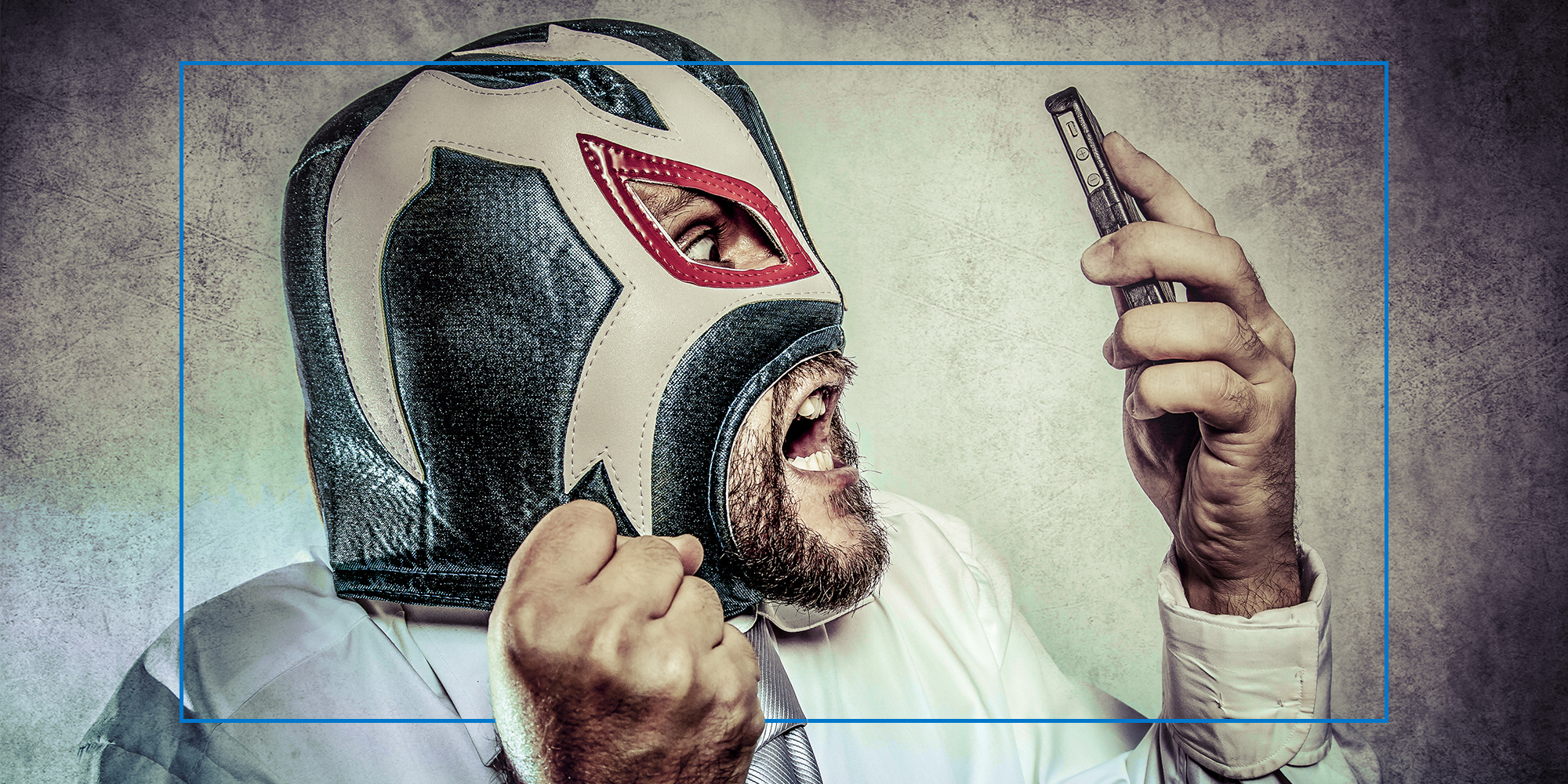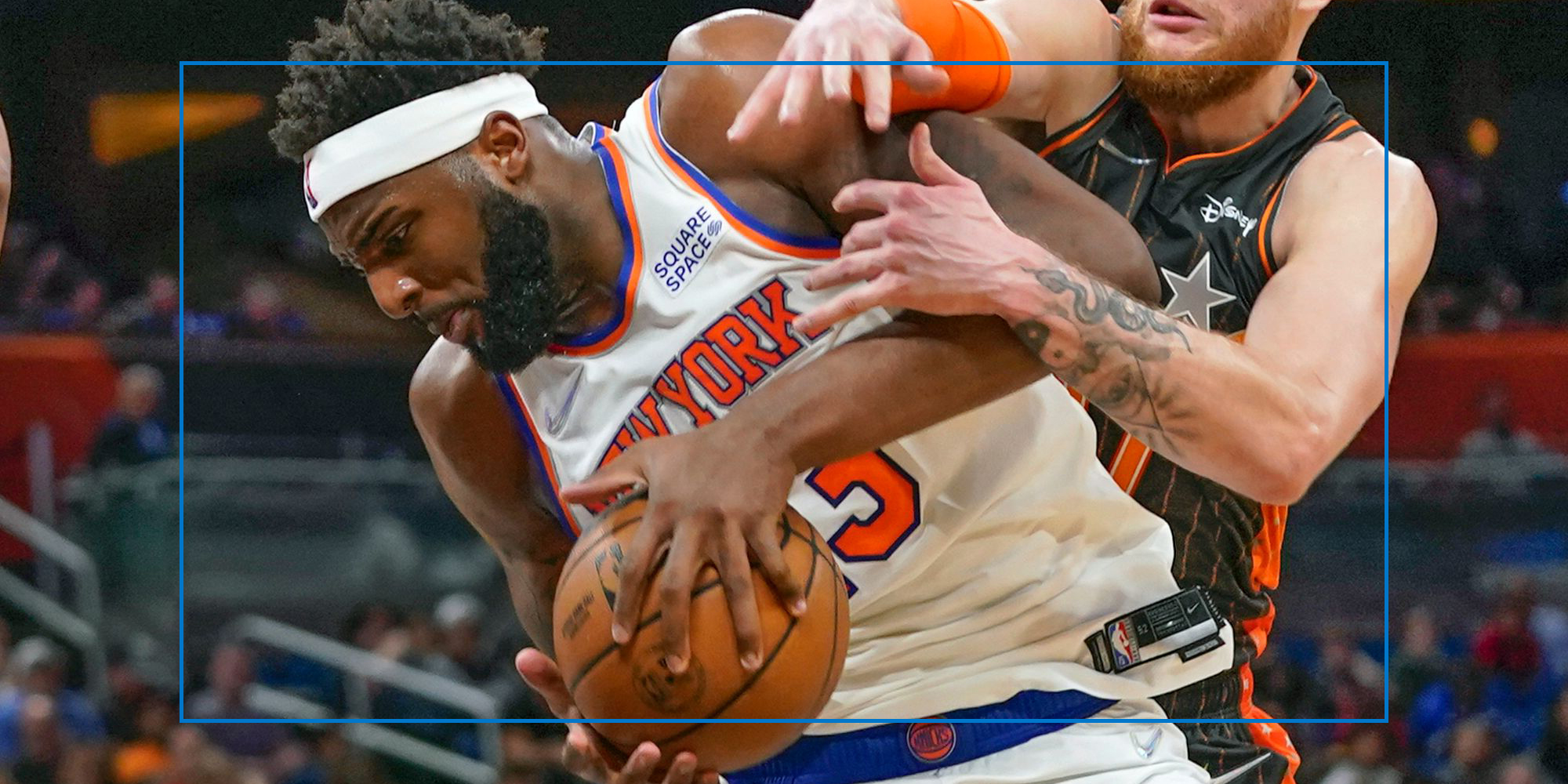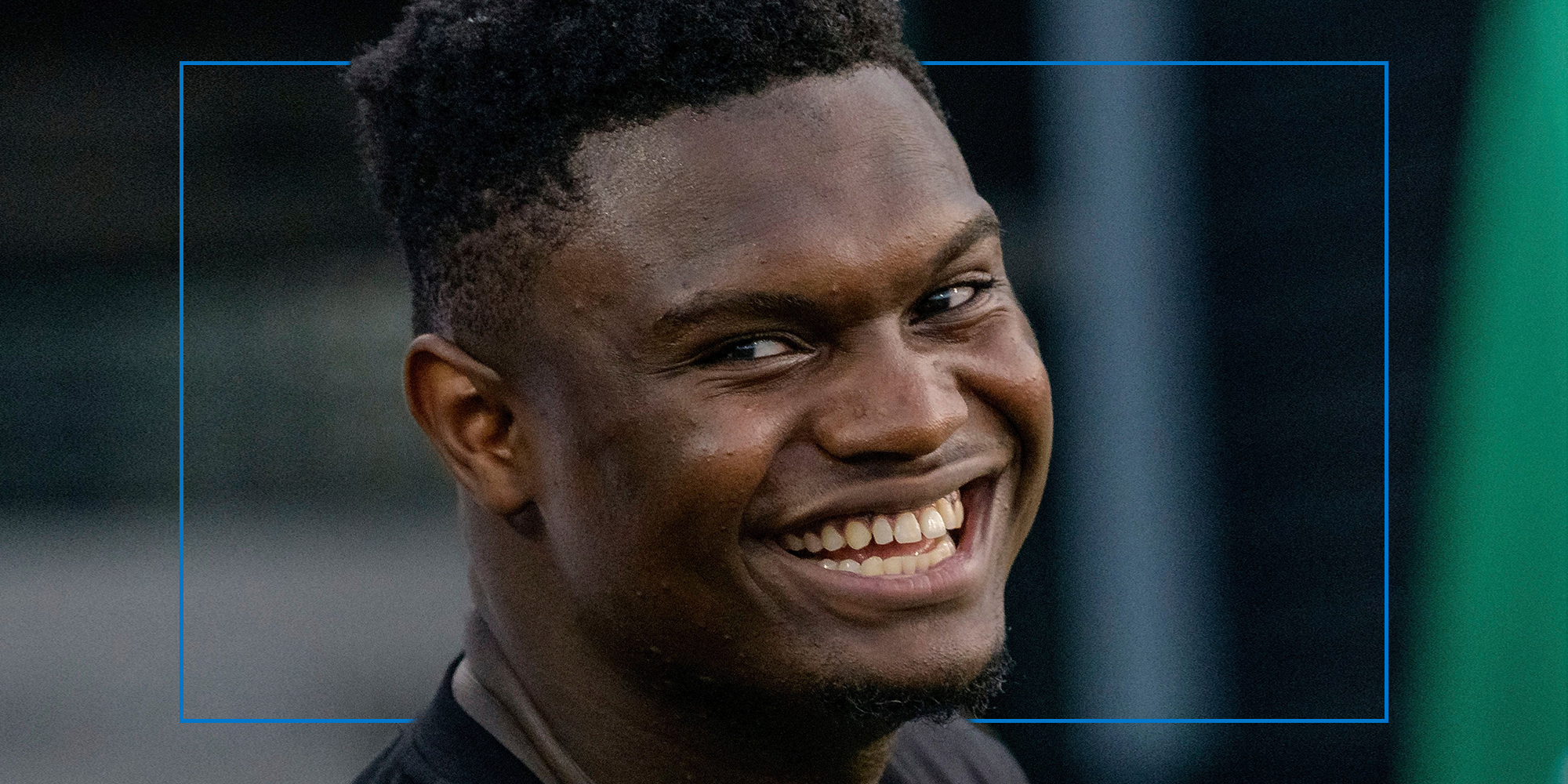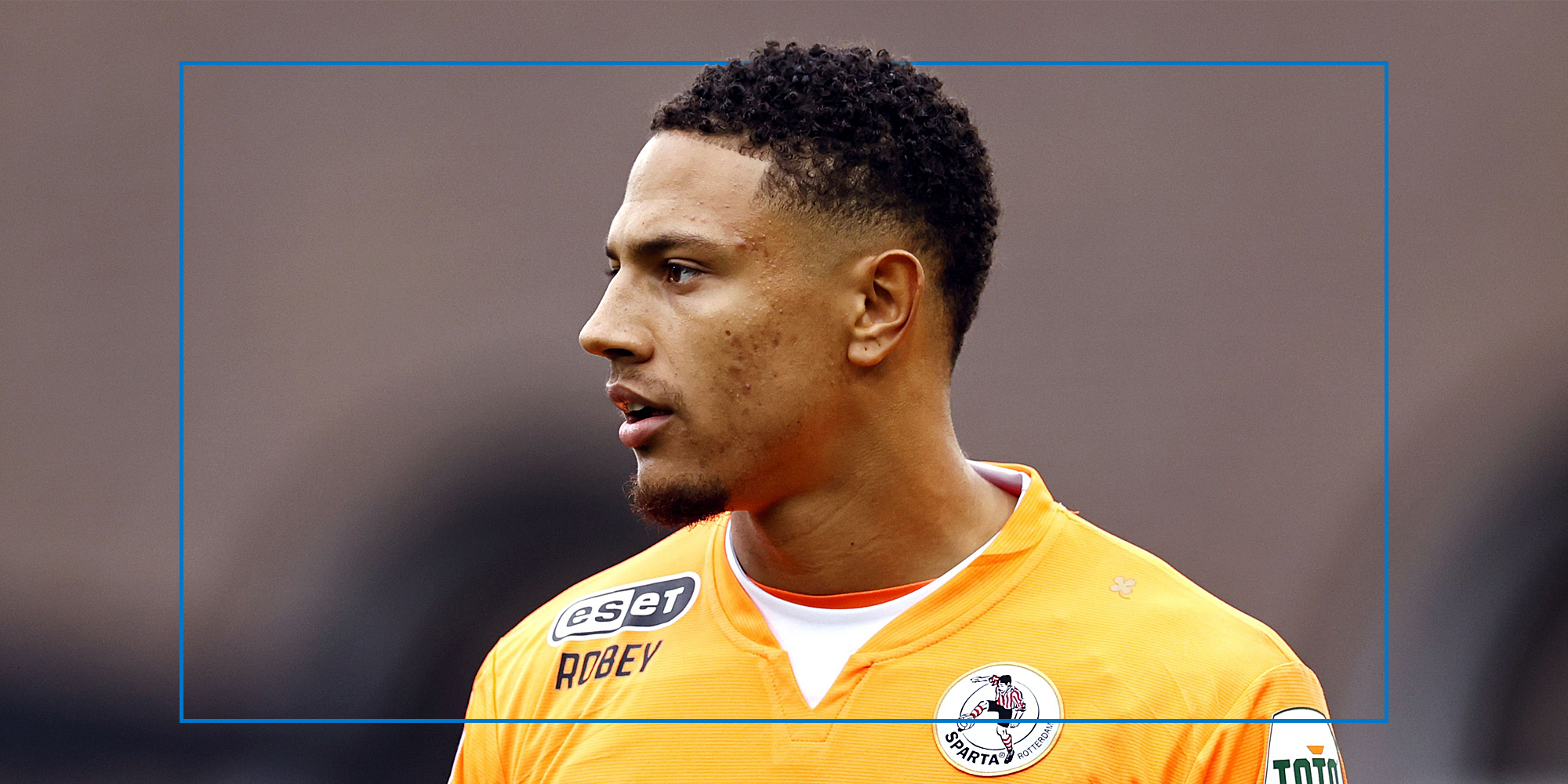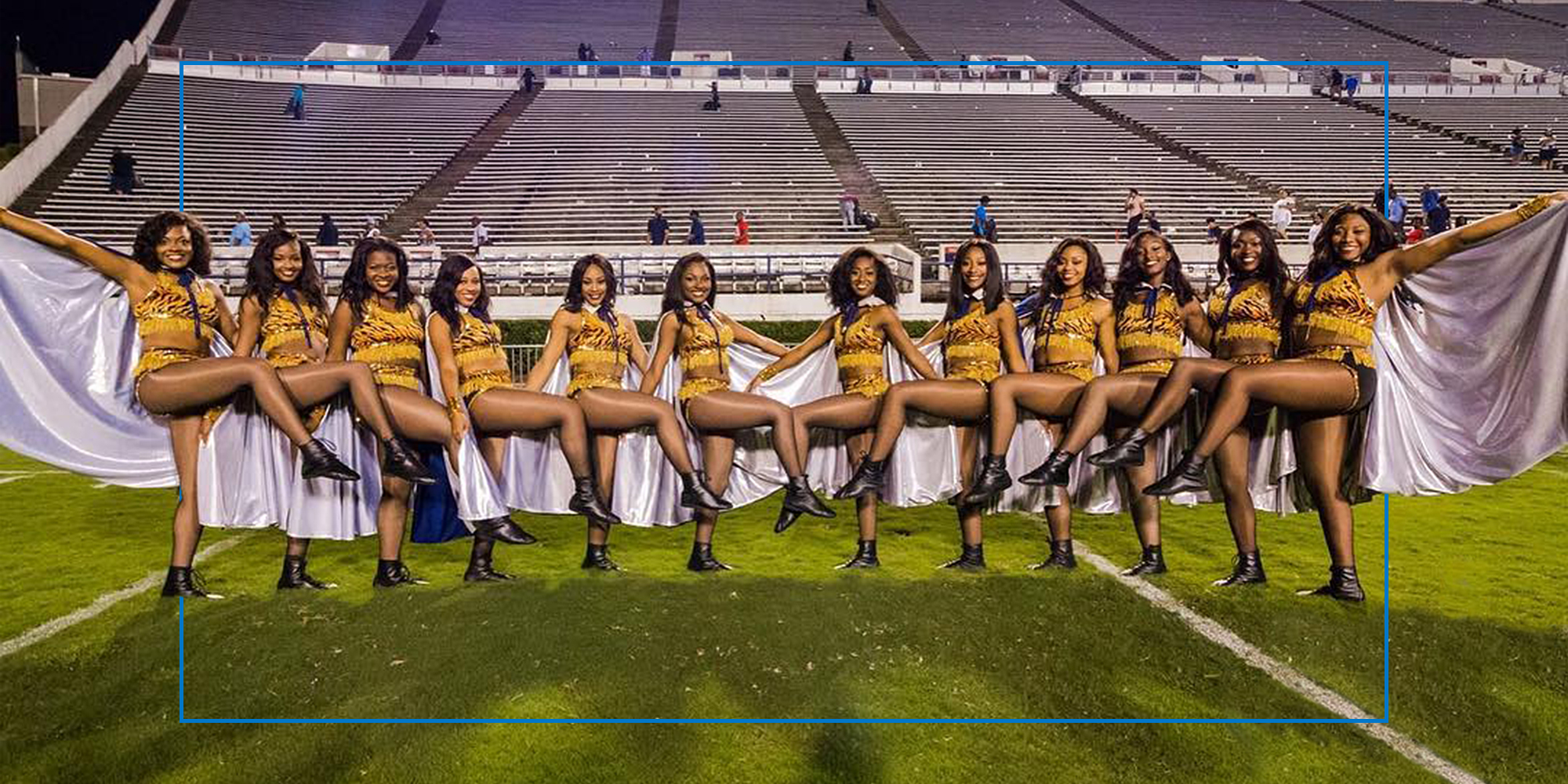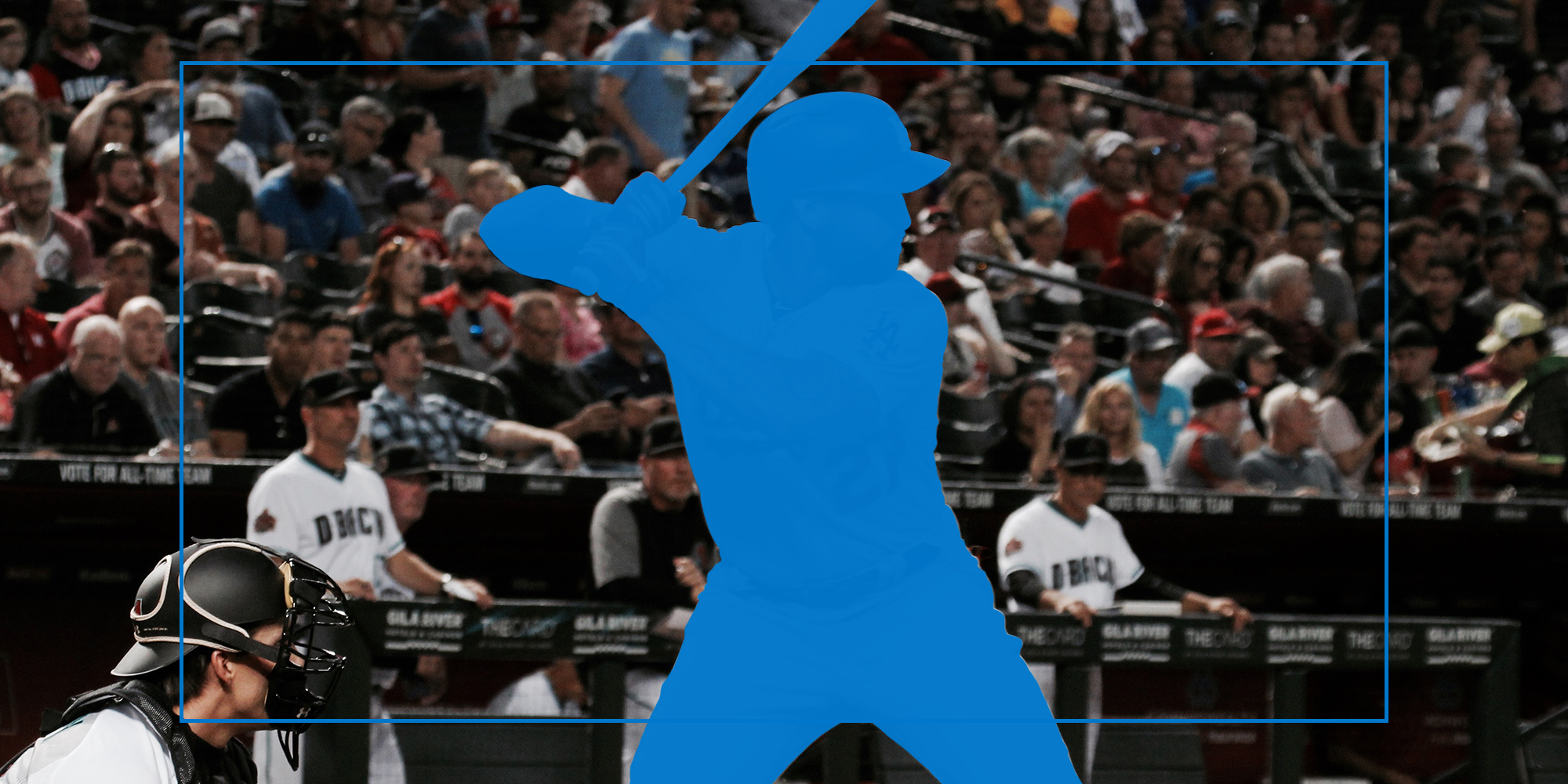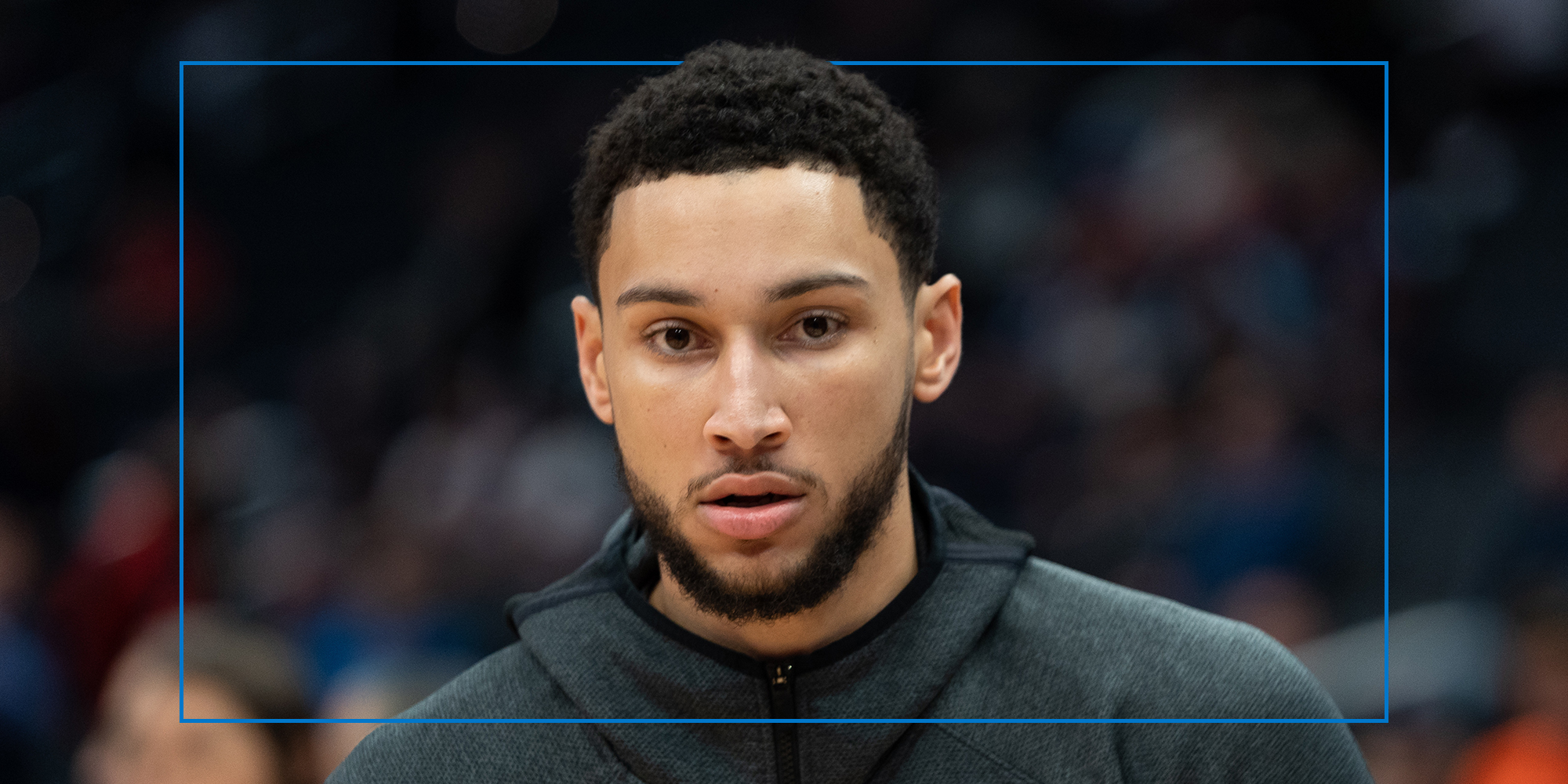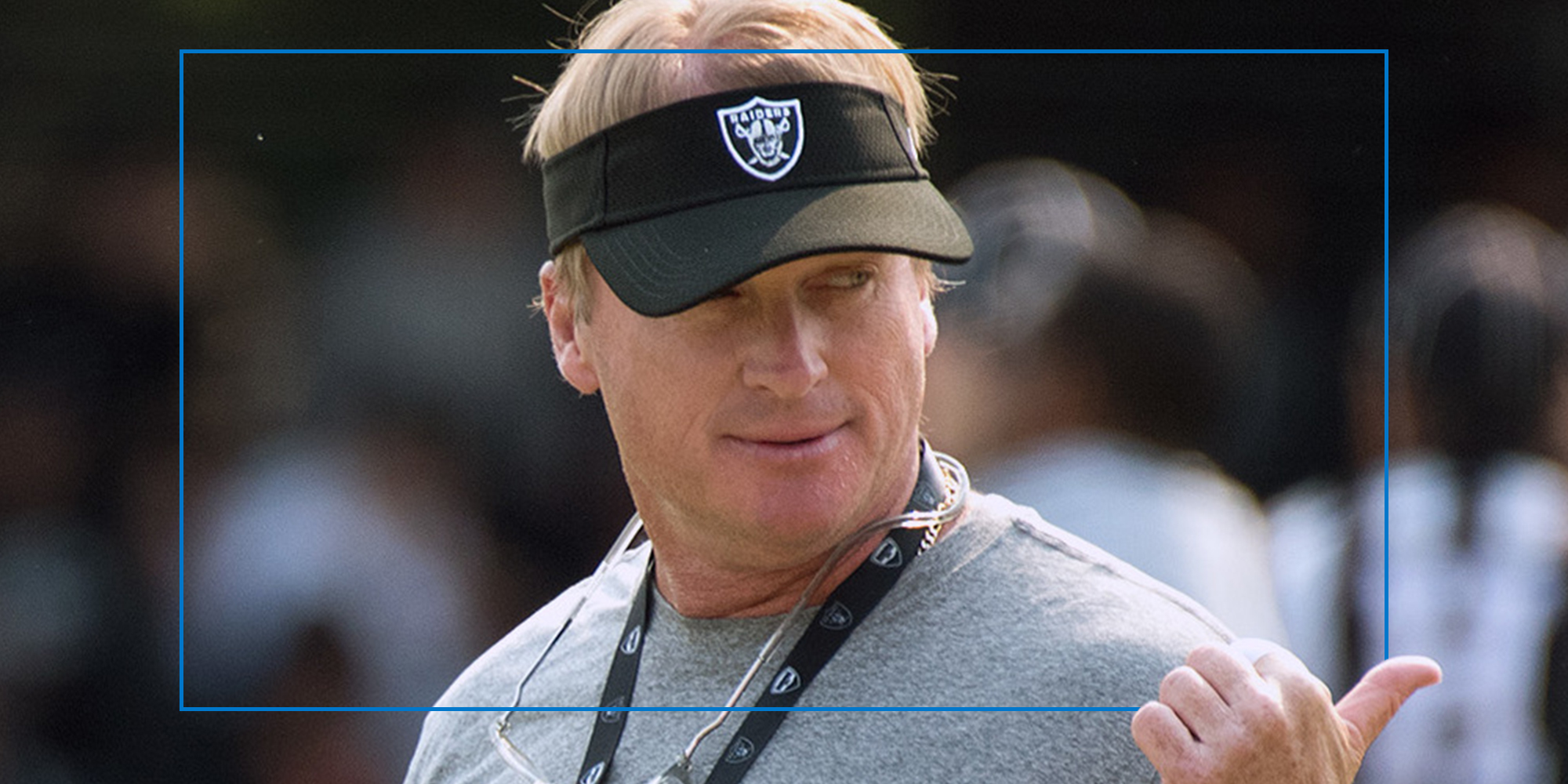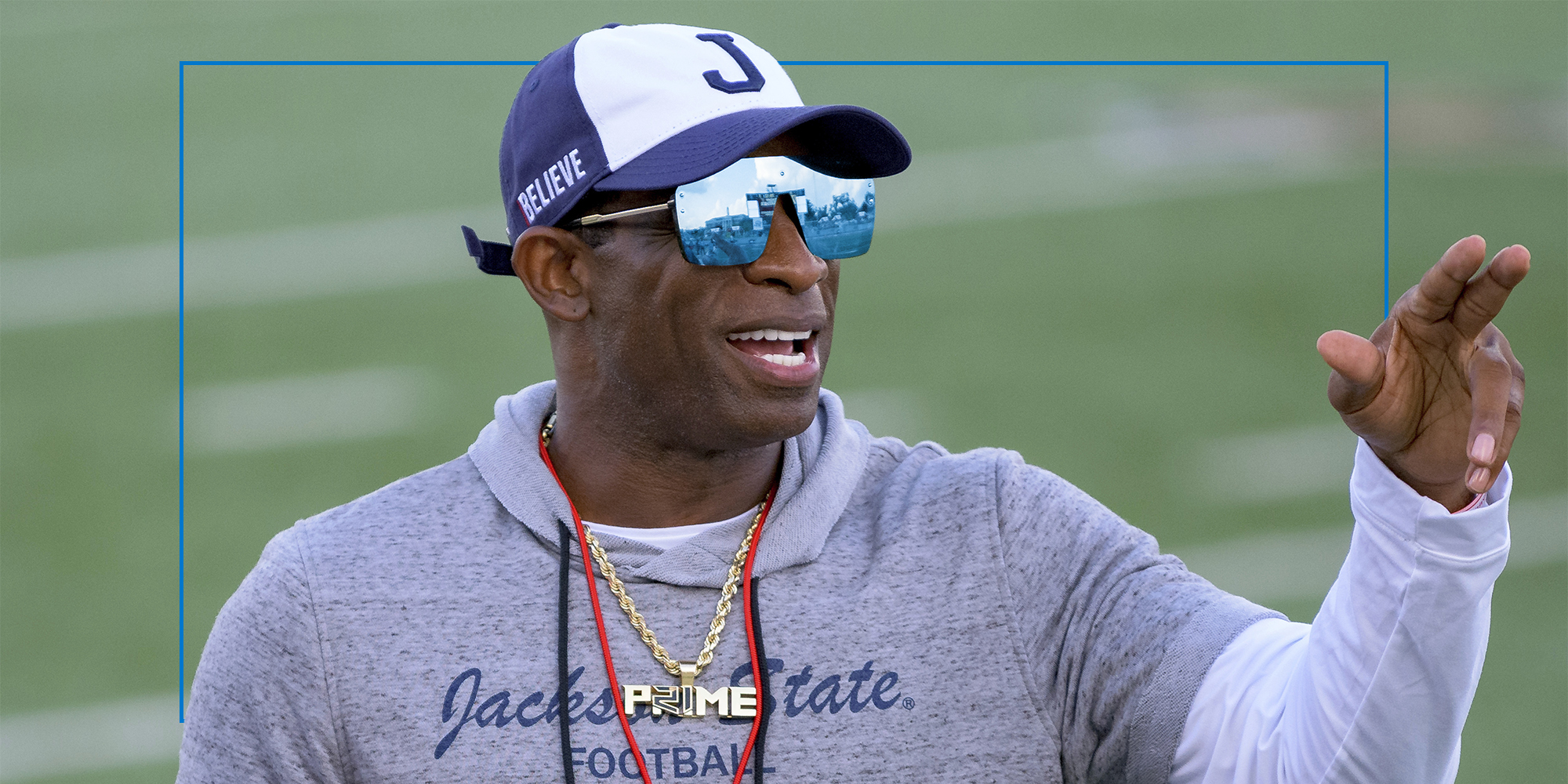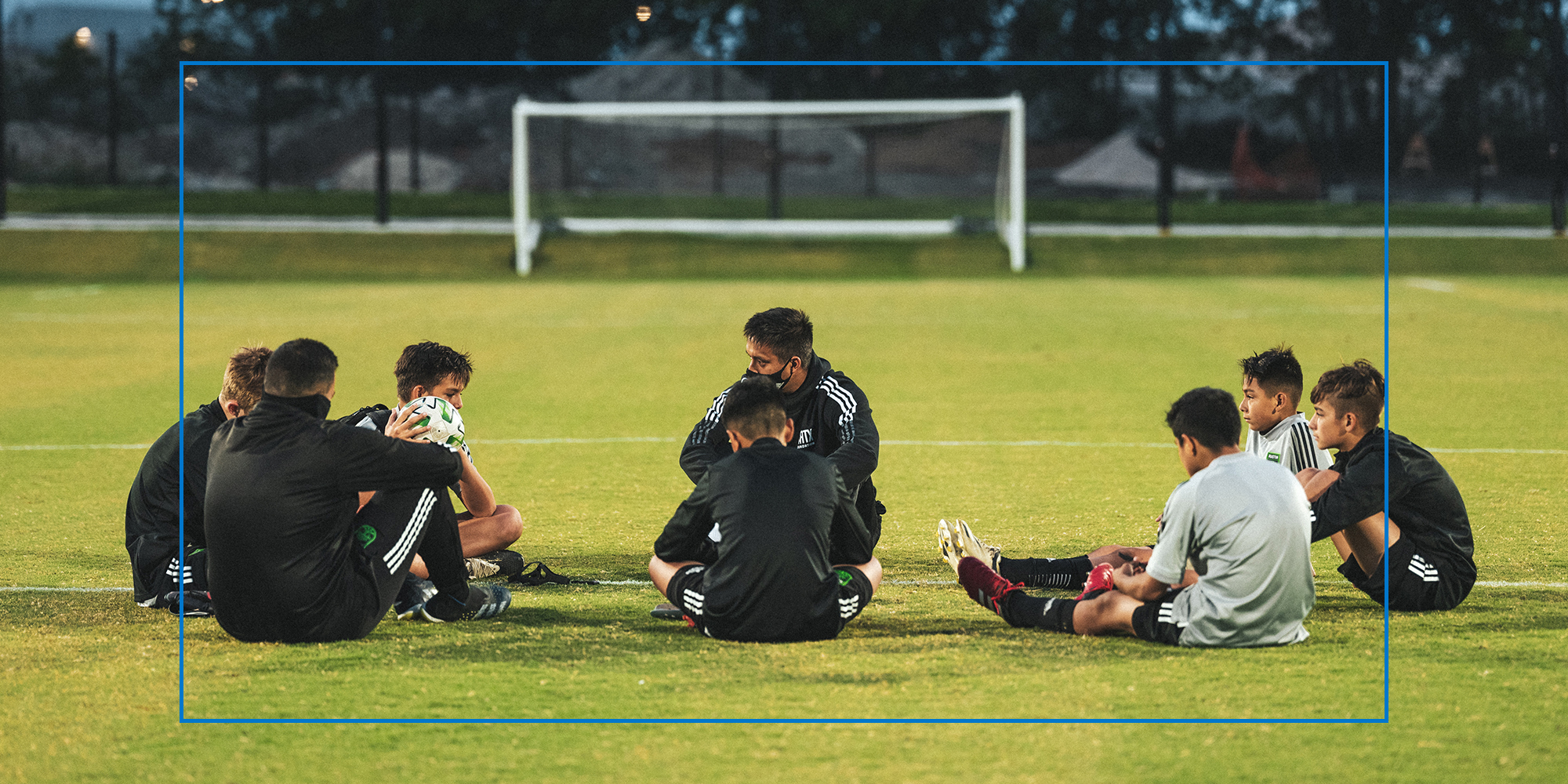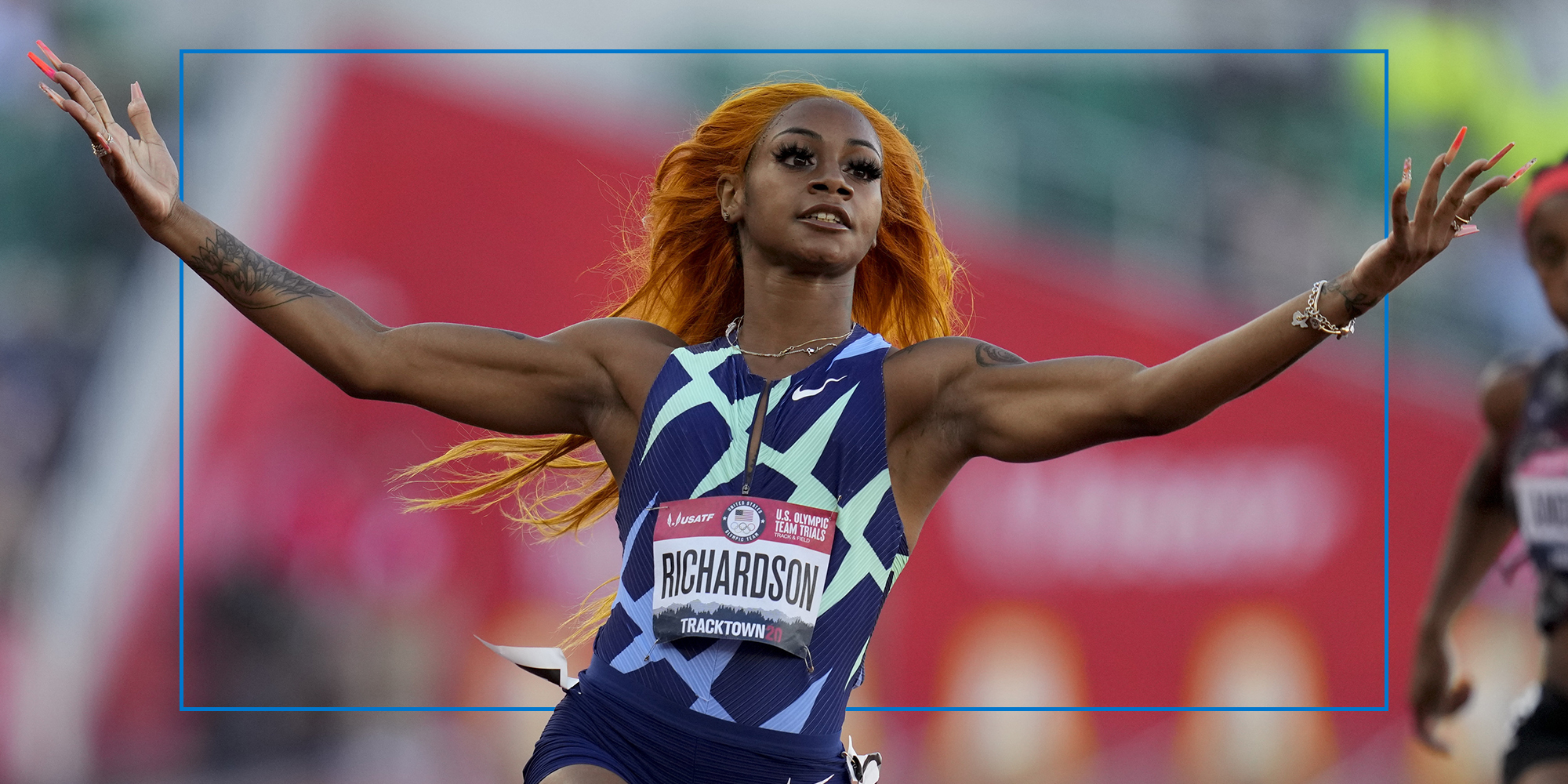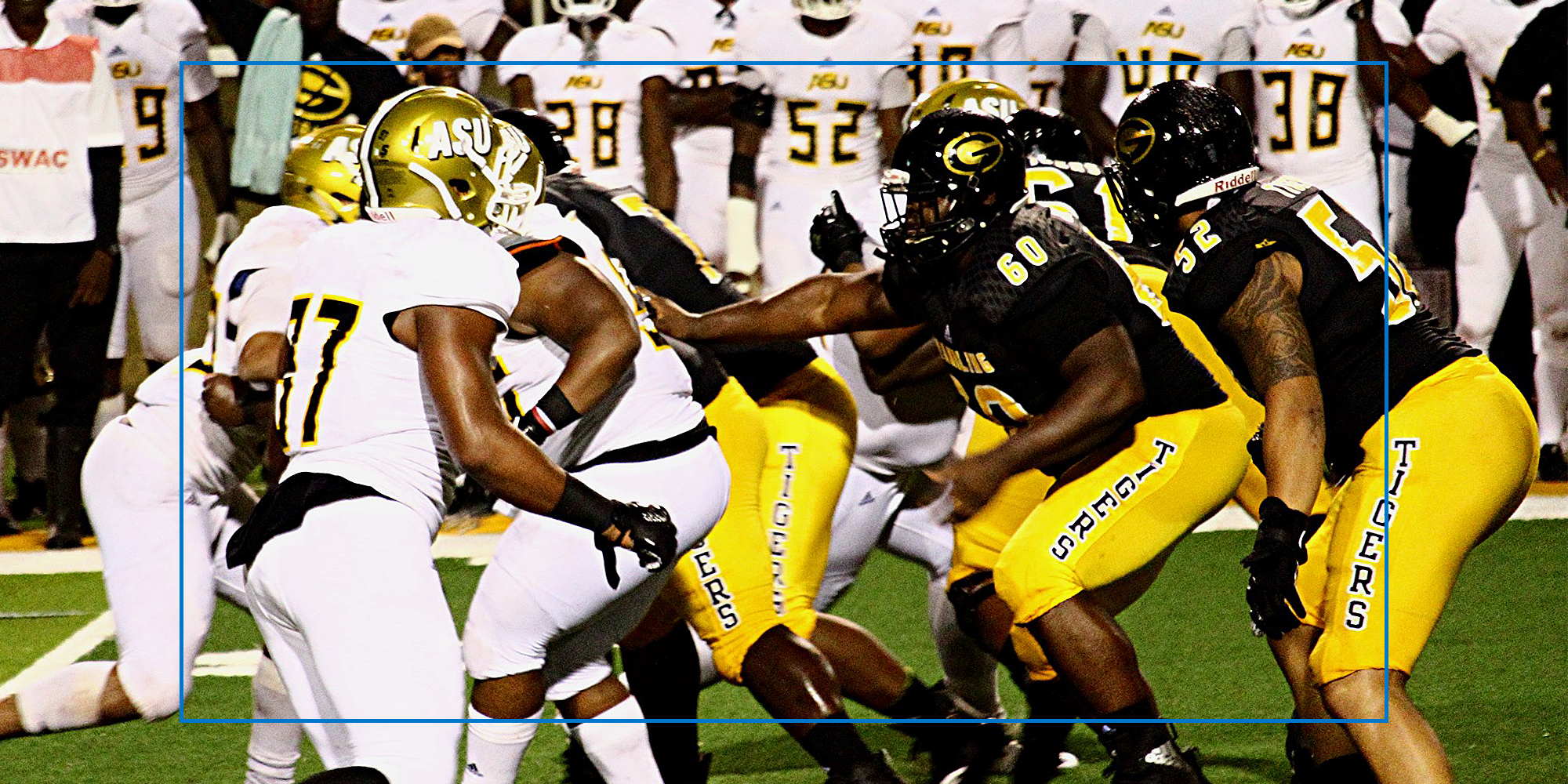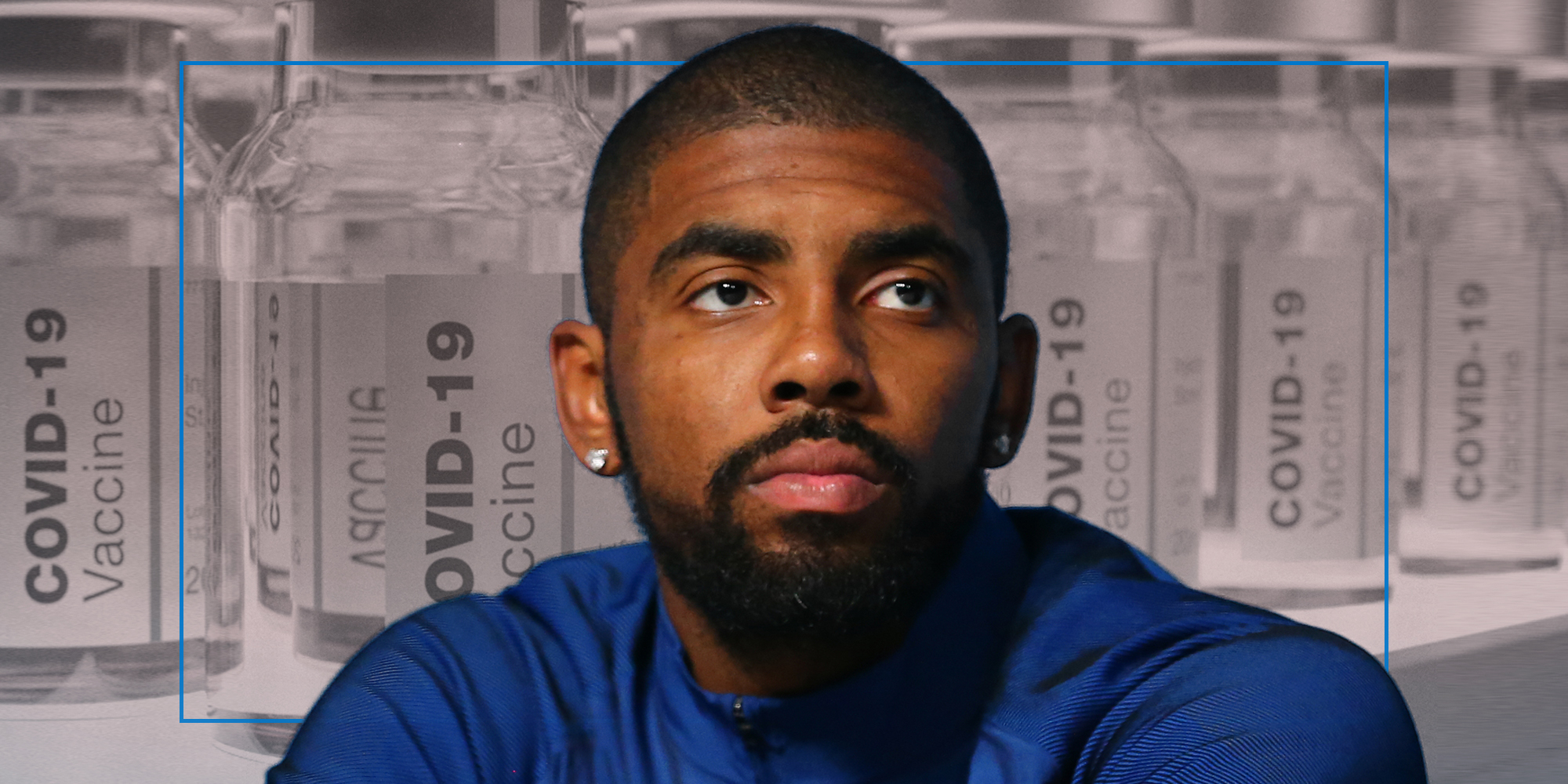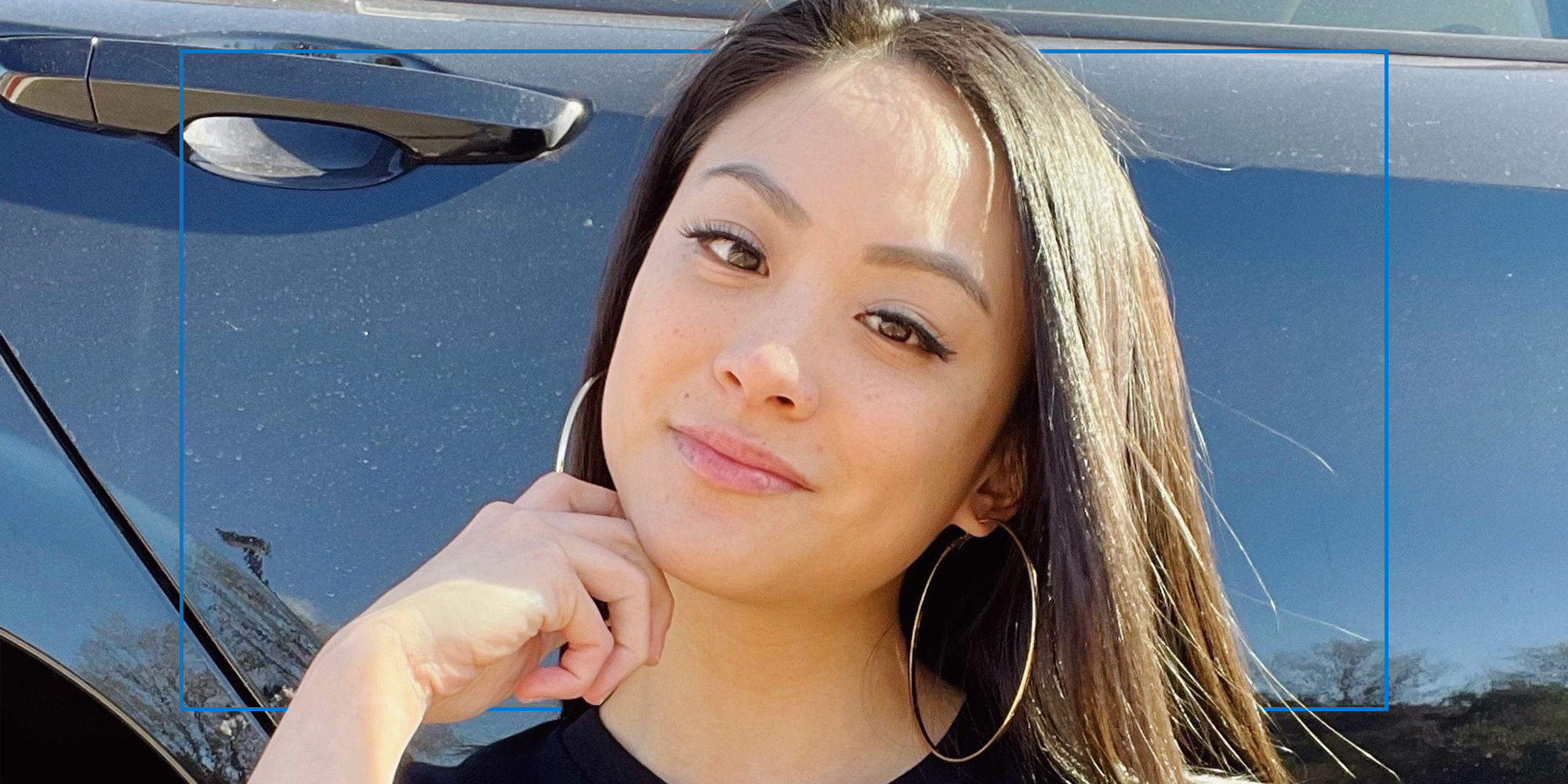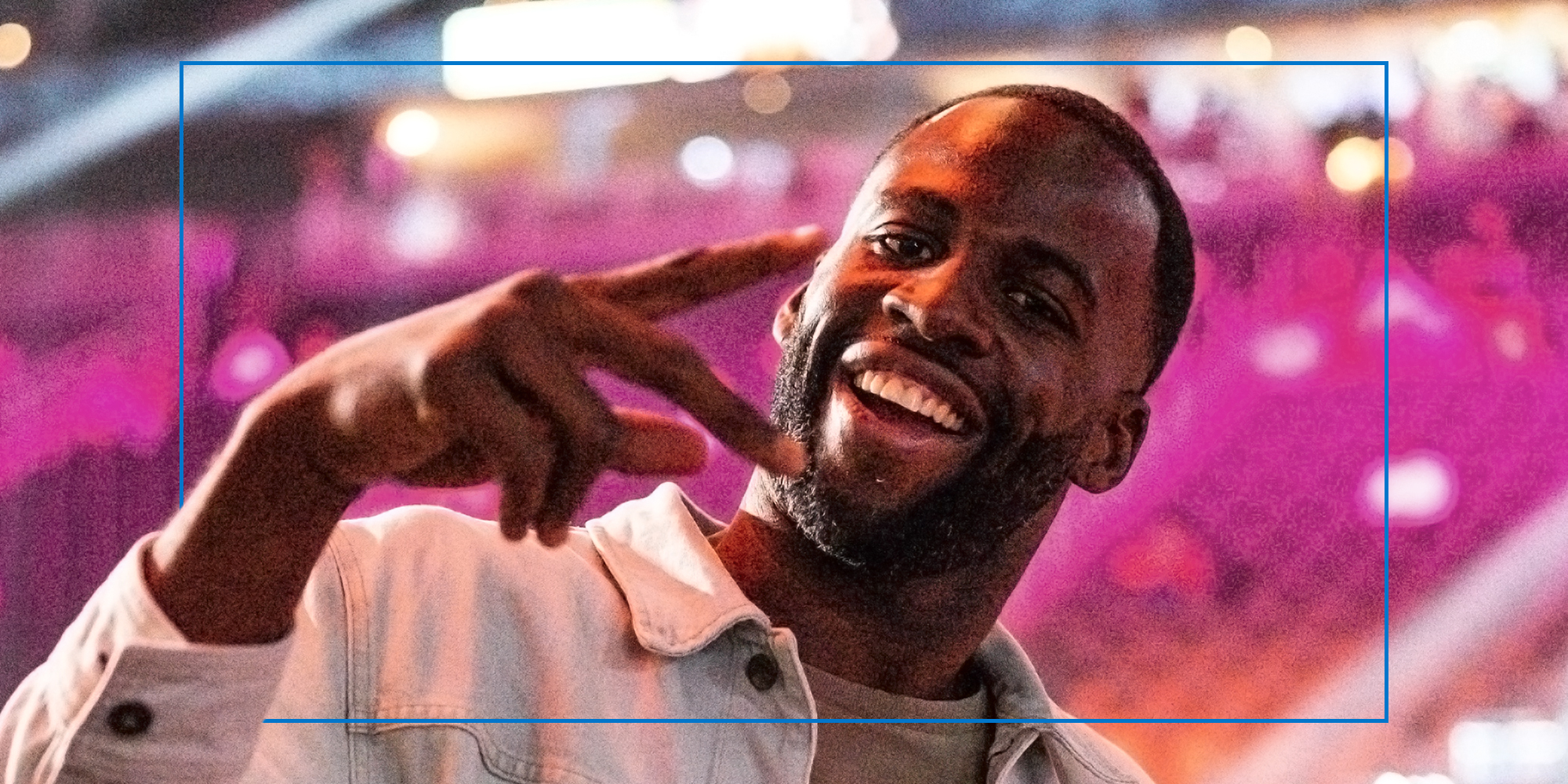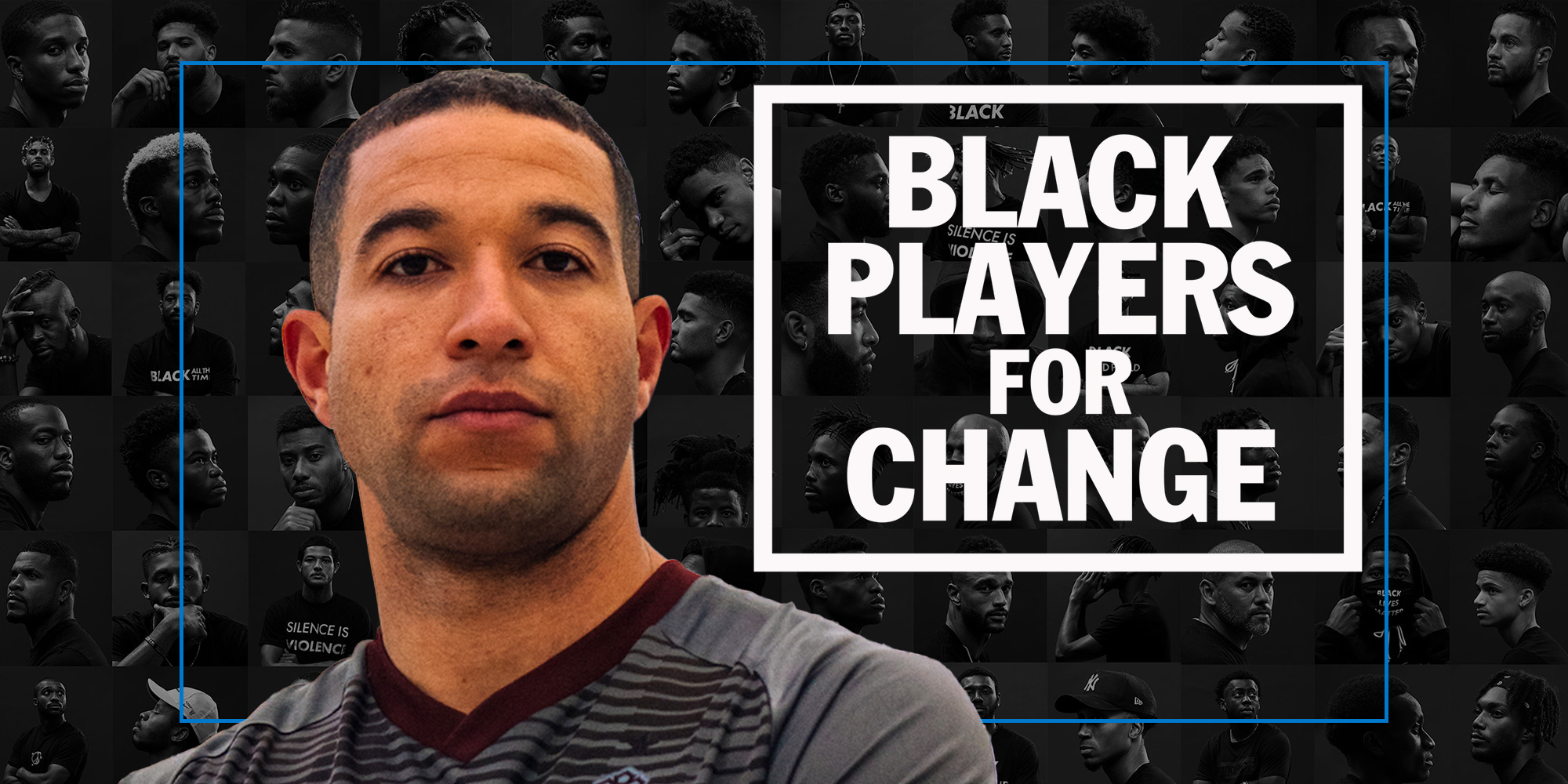When Qatar was confirmed as host of the 2022 World Cup, concerns were raised about what that meant for members of the LGBTQ+ community. Holding the competition – which traditionally celebrates the coming together of football supporters of all backgrounds – in a country where homosexuality is illegal led to campaigns from football fans and LGBTQ+ charities alike.
Online activism, particularly on social media platforms such as Twitter, has become the norm with petitions and fundraising being shared on both personal and business feeds, but how impactful are these methods of activism? And does educating people about homophobia online empower them to take their activism into stadia?
Prior to the World Cup opening ceremony, Stonewall – the oldest and largest LGBTQ+ charity in the UK – galvanized fans by sharing their virtual football ground, Proud Stadium. People were invited to show their support for LGBTQ+ rights by completing a simple online form to become part of the virtual crowd.
According to Stonewall’s website, over 60,000 people took part in the campaign. These high engagement levels with the Proud Stadium suggest strong support for LGBTQ+ rights in relation to football but, as yet, Stonewall hasn’t capitalized on this. Other than the initial email to confirm sign up, the charity hasn’t sent any further communication relating to LGBTQ+ rights in relation to football to those who were part of the Proud Stadium crowd. Stonewall has the data for a stadium’s worth of people who are willing to push for equality in football but are failing to utilize it. This feels like a massive own goal.
The Proud Stadium wasn’t the only form of online activism during the World Cup. The #NoPrideWithoutAll campaign encouraged Twitter users to grayscale their profile pictures to symbolize how dull the world would be without the rainbow of diversity that LGBTQ+ people bring to society.
Others chose to take a proactive approach. “Being proud of your authentic self in public is a big moment for anyone from the LGBTQ+ community,” explained James Laley, founder and chair of Rainbow Blades, the official Sheffield United LGBTQ+ and allies supporter group. “As a supporter group, we felt we could have a more positive impact by posting about the World Cup whilst owning our colors and not hiding our rainbow heritage.”
Alternative fan-led activism also focused on increasing visibility of LGBTQ+ supporters, with some fans in LGBTQ+ relationships tweeting pictures of themselves kissing their partners whenever a goal was scored.
The World Cup raised the profile of LGBTQ+ rights in football on both an international and domestic level. Whether the experience for LGBTQ+ fans and players has improved because of this is still up for debate.
A YouGov Survey in May 2022 showed over half of both football fans and the British population thought homophobia was a serious problem in professional football in the UK, yet leading up to the World Cup, ICM/Walnut and Stonewall released data showing the proportion of sports fans who think homophobic remarks in sport are acceptable dropped from 24% to 14% over a five-year period.
Many would contend, regardless of what statistics show, that more needs to be done to eradicate homophobia and transphobia from the beautiful game, and charities and activist groups are working to make positive change.
Football v. Homophobia is an impartial international organization working with clubs from grassroots to professional level. The group is very active on social media, sharing graphics, statistics and news stories as well as educational opportunities to more than 19,000 Twitter followers, as well as having a website with downloadable resources that can be used by groups or individuals.
More than 50 clubs across the Premier League and English Football League which boast LGBTQ+ supporter groups, with many using social media to engage with their members — as well as footballing bodies such as the Football Association (FA), clubs, players and other supporter groups.
This facilitates a sense of togetherness which is also embodied by collaborations such as the Pride in Football network and the power of campaigns such as Rainbow Laces, boosting what Stonewall notes is a now-decade-long effort, with more than a million people “lac[ing] up in support of LGBTQ+ inclusion in sport.”
Chris Paouros, co-Chair of Tottenham Hotspur’s Proud Lilywhites, has first-hand experience of how solidarity can help eradicate homophobia and transphobia from the game. Proud Lilywhites joined forces with Chelsea Pride, the LGBTQ+ supporter group for their cross-city rivals, to collect a number of victim impact statements detailing how a chant targeting Chelsea fans and players containing a concerning slur negatively impacted the football experience.
As a result of their work, the Crown Prosecution Service (CPS) confirmed the chant was homophobic and that anyone found singing it would be liable for prosecution.
“It’s really positive that the CPS has classified the chant as a hate crime, not because we want to criminalize anyone but because it’s exhausting to spend all our time arguing about whether it’s homophobic,” explains Paouros. “We’d rather be focusing on the work we’re doing to stop the chant from happening and harming the LGBTQ+ community. It was positive to be able to work alongside The FA who were supportive and helped us to share these experiences with the UKFPU and CPS. Whilst we know this is only the beginning of the journey, it is a very important step.”
And individuals are also stepping out, using the power of social media to raise awareness. Marc James, a gay football fan, took to Twitter following an incident at a Premier League match in December 2022.
The Southampton supporter endured homophobic chanting towards fans of Brighton and Hove Albion – who play in a city dubbed the gay capital of the UK due to its large LGBTQ+ population – from fellow Saints fans. James tweeted that he “outed [himself] to the stand, and wanted to cry.”
“It reminds me of a world I came from and a need to ‘masc’ up,” James said regarding the incident. “It reinforces the shame we all carry and the voice that tells us to stay hidden. I shared [it] with Twitter to gain a sense of community, for my two worlds to collide (one where I work in inclusion and diversity, and one that focuses on football) and did receive a great deal of support but also hatred online.”
With homophobic messages making up 40% of online abuse directed at male footballers and 27% of abuse directed at female footballers, according to a BBC article, Marc is not alone.
However, social media has also played a pivotal role in helping gay footballers publicly come out. Josh Cavallo came out as gay in October 2021 and since then Bonnyrigg Rose striker Zander Murray and Blackpool’s Jake Daniels have also used their social media channels to announce their sexuality. Czech Republic international Jakub Jankto came out in February, posting a video across his channels.
Social media has given players the opportunity to take control of their coming out. This new phenomenon is a huge step forward – previously the only footballer to be openly gay whilst playing professionally was Justin Fashanu, who shared his sexuality because he was about to be outed by the British press. Other professionals, such as Robbie Rogers and Robert Hitzelsperger, came out after their retirement from the sport.
In October 2022, a tweet sent via former Real Madrid goalkeeper Iker Casillas’s account stated, “I hope you will respect me: I’m gay.” Social media went into meltdown at the prospect of such a high-profile player coming out, especially when a reply from Barcelona legend Carles Puyol seemingly backed up the claim. Both tweets were later removed, with Casillas stating he had been hacked, although some sections of the media felt this was the Spanish international backtracking. Puyol later tweeted an apology for his response to Casillas’ tweet, saying he “made a mistake, sorry for a clumsy joke with no bad intentions.”
Cavallo said the Casillas/Puyol tweets were “beyond disrespectful,” making fun of coming out and the LGBTQ+ community.
Those tweets are a vital reminder to everyone, especially high-profile players and former players with large follower counts, that their online behavior, even if not posted maliciously, can have a detrimental effect on LGBTQ+ people and those campaigning for equality within football.
While social media is a wonderful tool for raising awareness of issues that affect the LGBTQ+ community and empowering players and fans alike, it is also an important means of education for match-goers.
Rainbow Blades have used their Twitter, Facebook, Instagram and TikTok feeds to promote ways supporters can report incidents of homophobia and transphobia, including the Kick It Out app, a fan-run effort that tackles all forms of discrimination by offering education programs and practical support and advice.
The campaign had positive results, with the number of Sheffield United fans confident about knowing how to file a report of homophobia or transphobia rising to 68%.
“Social media is one of the most powerful forms of communication,” says Laley. “By spreading awareness and sharing the positive message of LGBTQ+ inclusion we can educate people and bring them on the journey. Together, with one collective voice, we can change society.”
Katey Lovell is a freelance writer and author from Sheffield, England, who has been published in publications such as Guardian, Insider, Metro, SportBible and Fansided.
This story is part of the Pixel Pitch series, exploring the spaces where soccer, the internet and identity intersect. Pixel Pitch is a joint project partnering The Daily Dot with The Striker, a soccer-centric online publication “where every day is a soccer news day.”
See more stories from Presser – examining the intersection of race and sports online.

